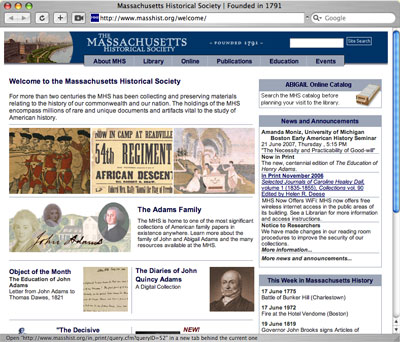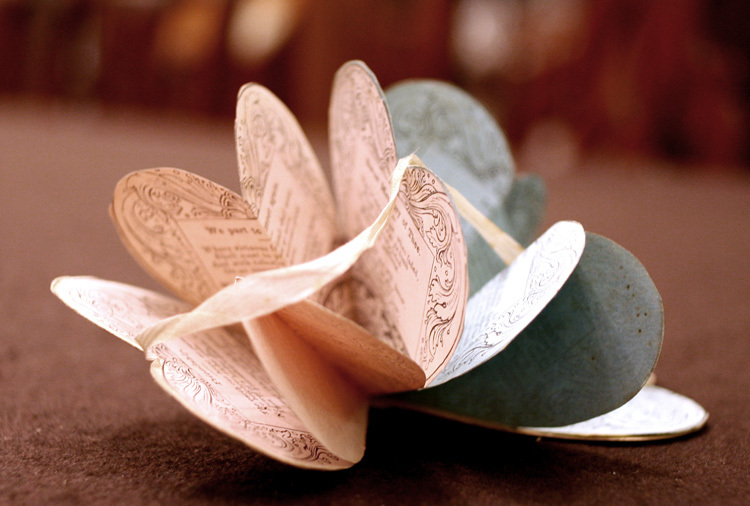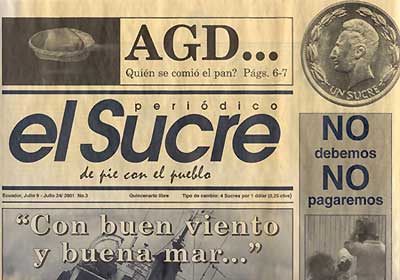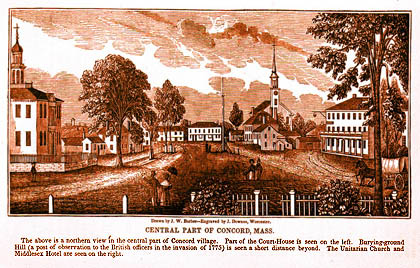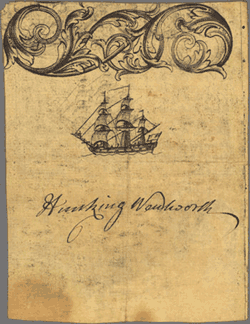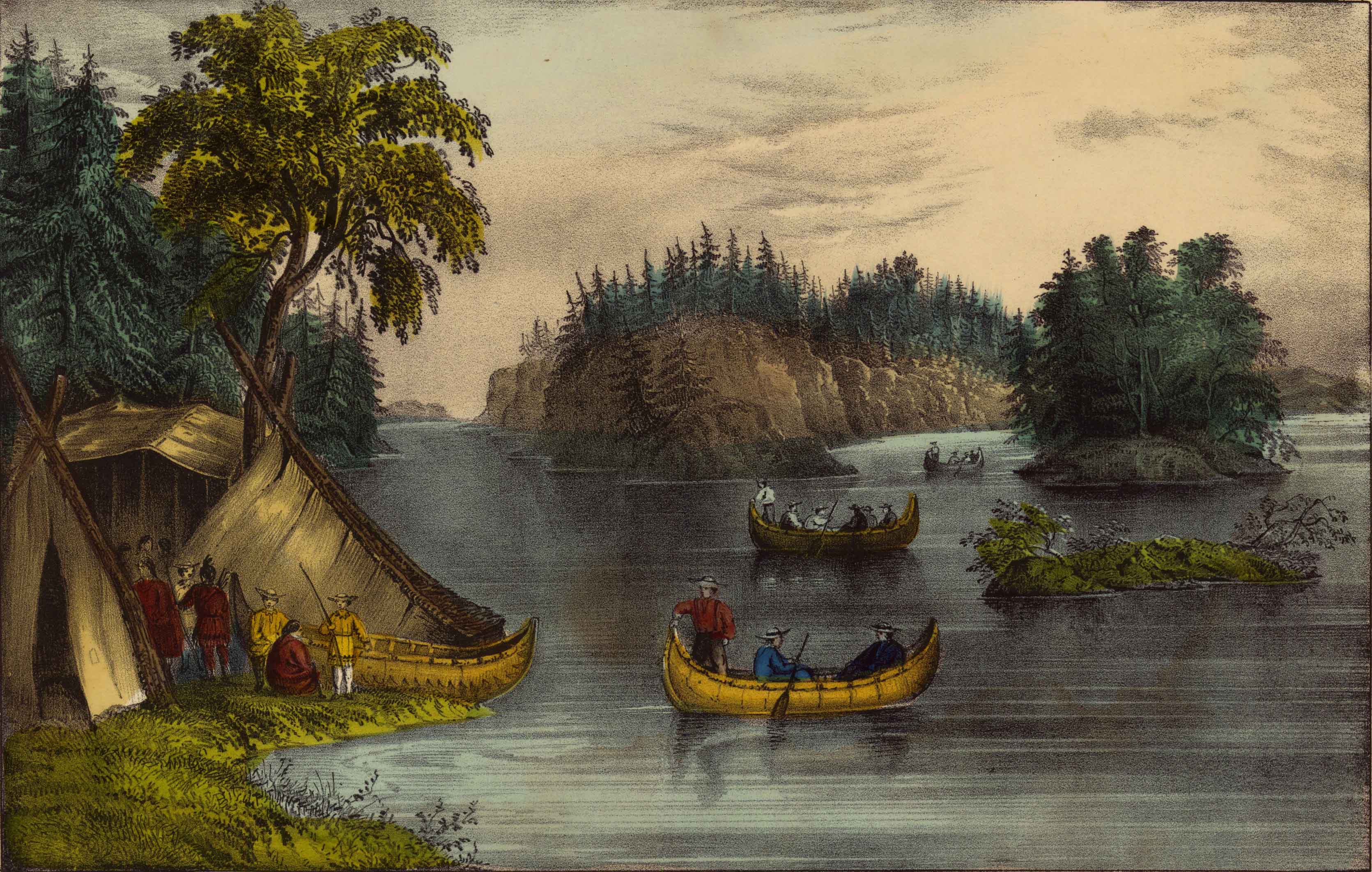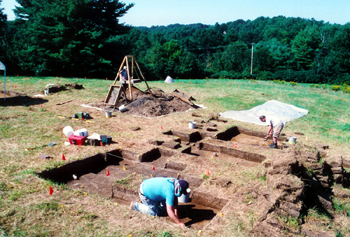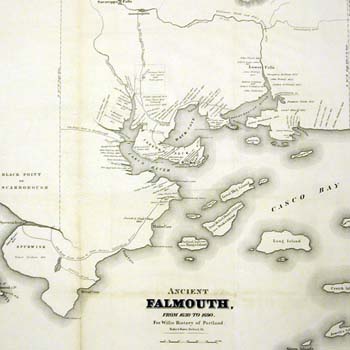
learn
![]()
Glimpses of Their Lives: Slavery and Emancipation at the Colonel John Ashley House

learn
![]()
The Trial That Sparked Maine’s 1840 Abortion Statute
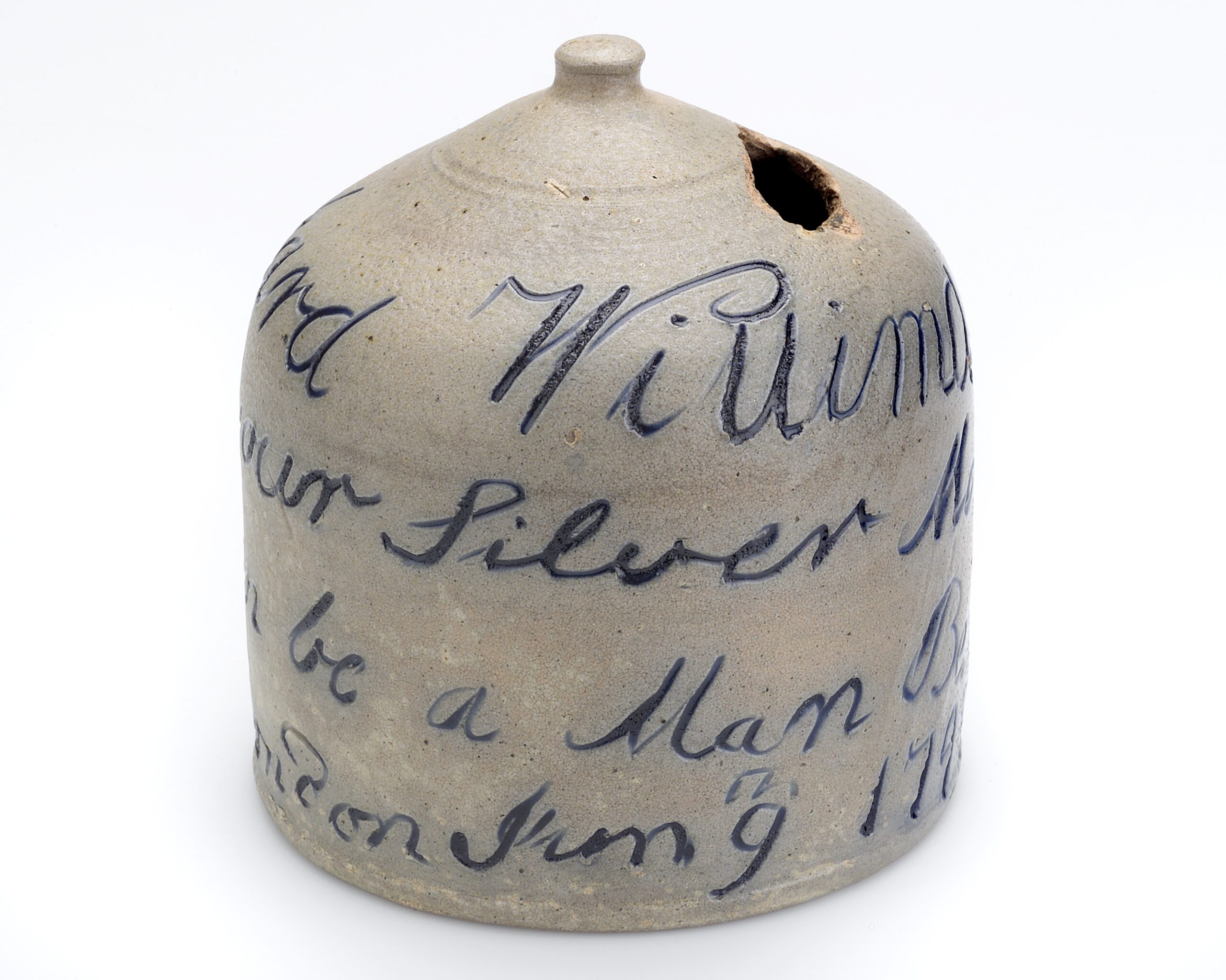
objects
![]()
Seeing Slavery in Eighteenth-Century American Salt-Glazed Stoneware: Richard Williams’ Savings Bank
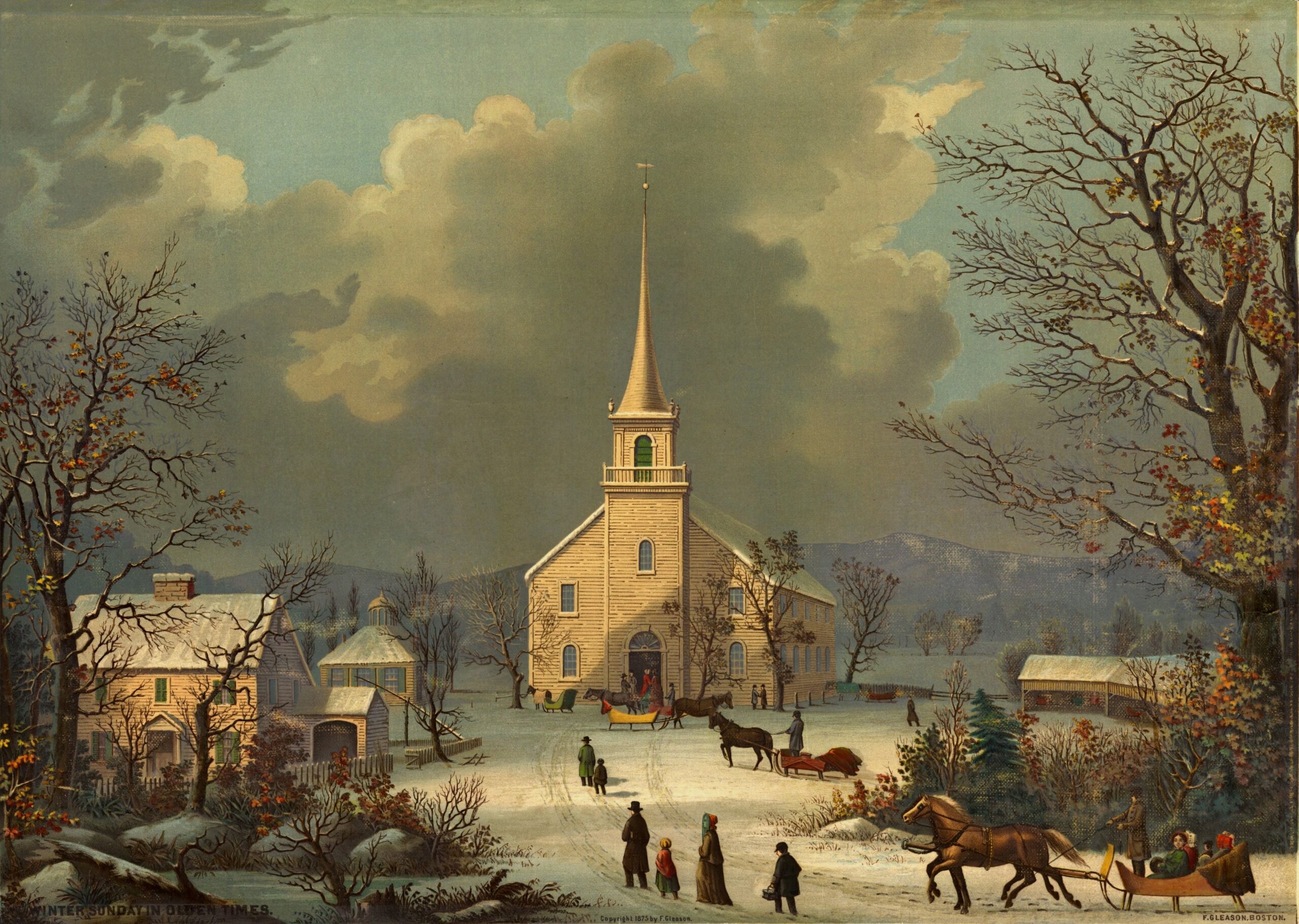
learn
![]()
A Modest Proposal
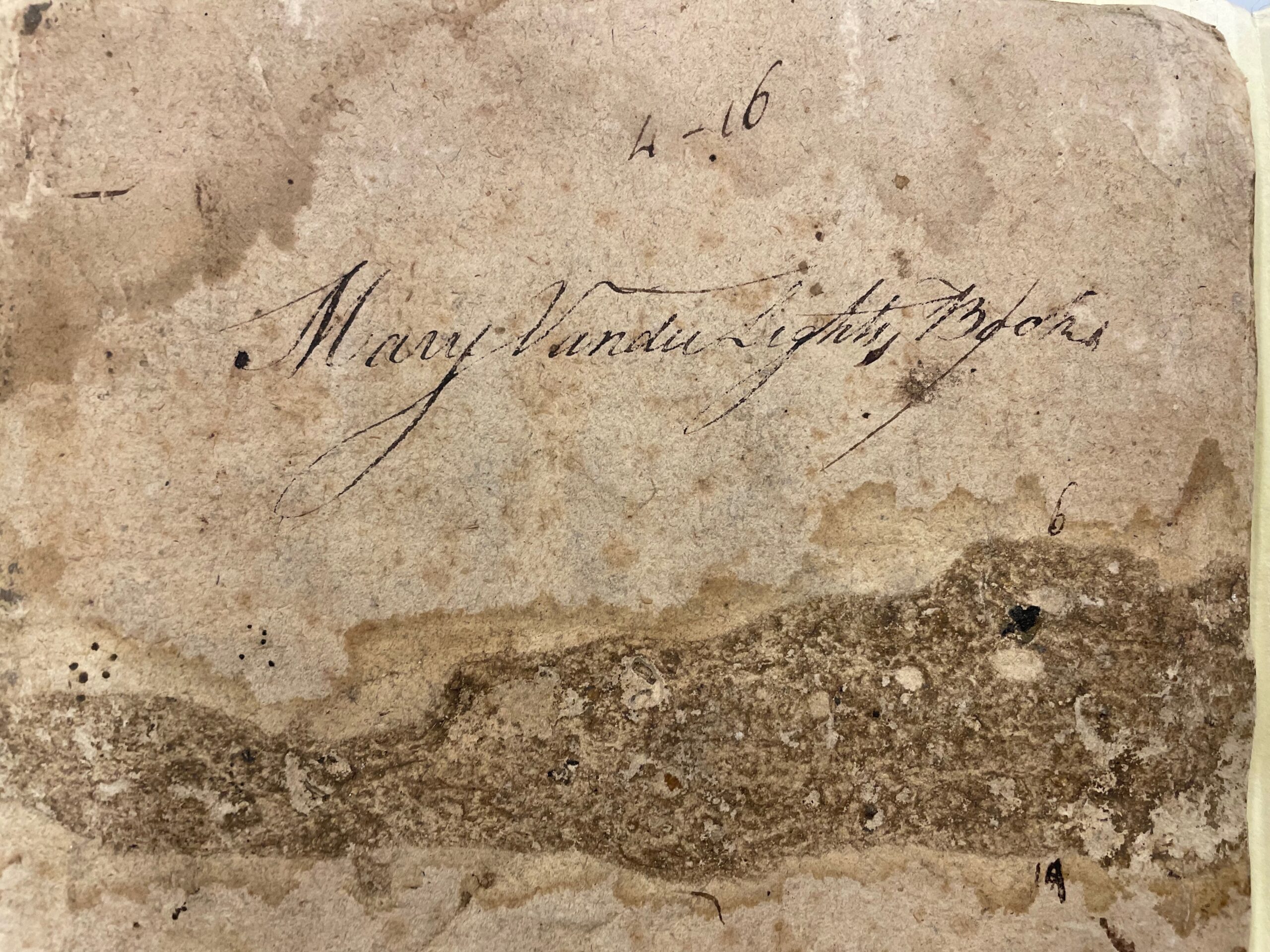
learn
![]()
The Brown Brothers had a Sister

learn
![]()
Fighting Words: The Pamphlets of a Democratic Revolution

learn
![]()
Thunderbolt and Lightfoot: The American Creation of Irish Outlaw Folk Heroes
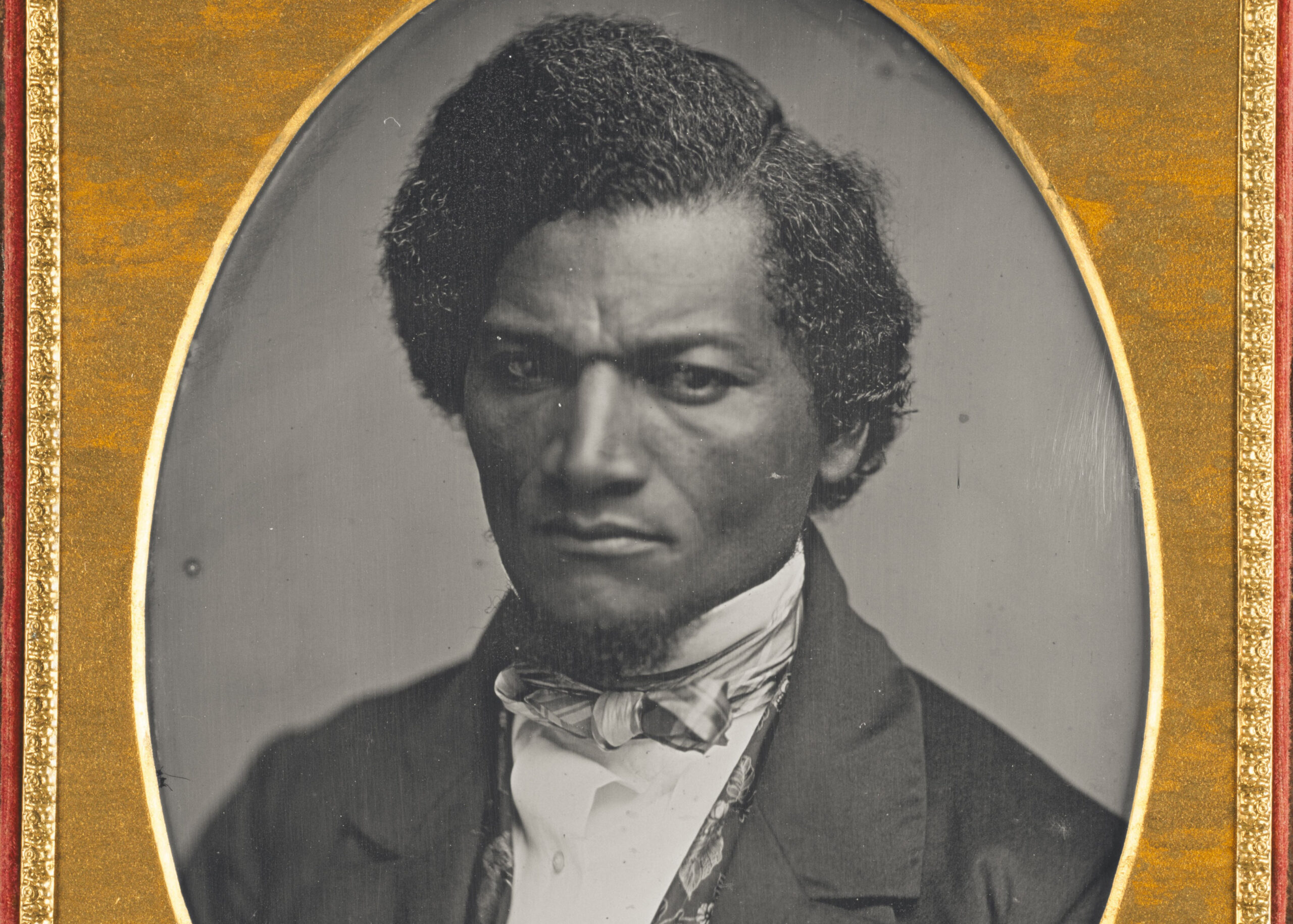
learn
![]()
Frederick Douglass and the “Faithful Little Band of Abolitionists” in Uxbridge, Massachusetts
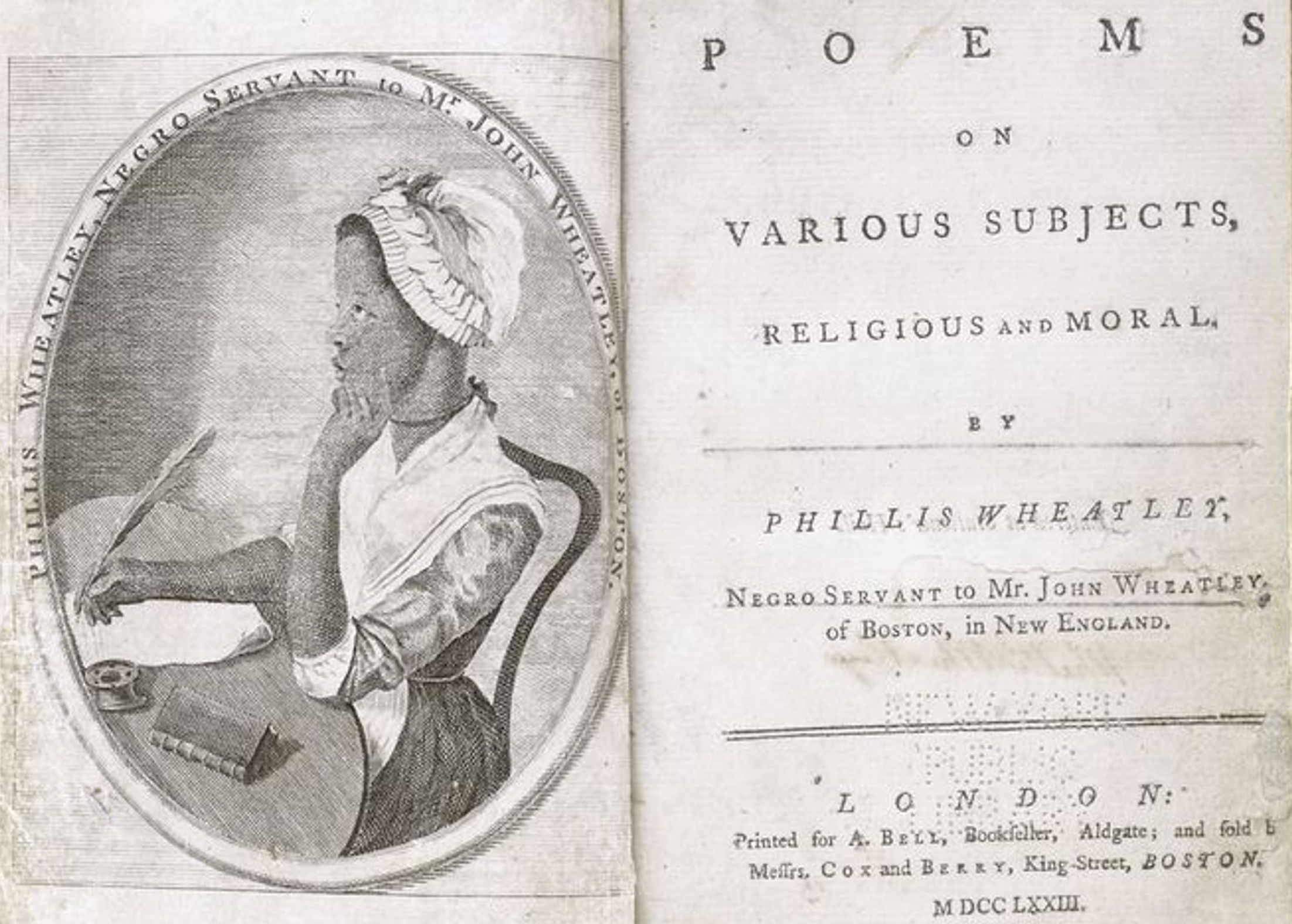
learn
![]()
Phillis Wheatley’s “Mrs. W—”: Identifying the Woman Who Inspired “Ode to Neptune”
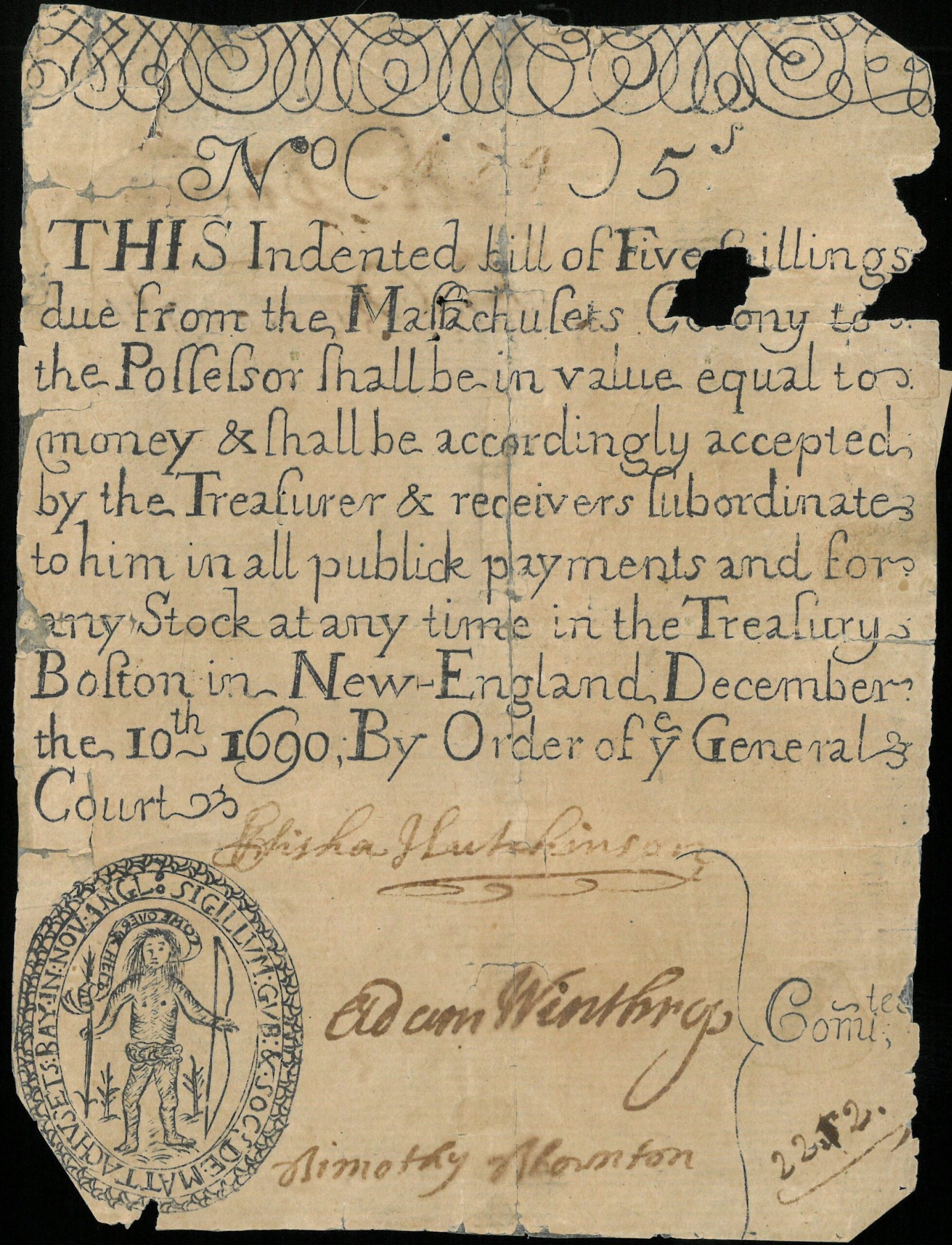
learn
![]()
The Middle Hutchinson: Elisha, 1641-1717
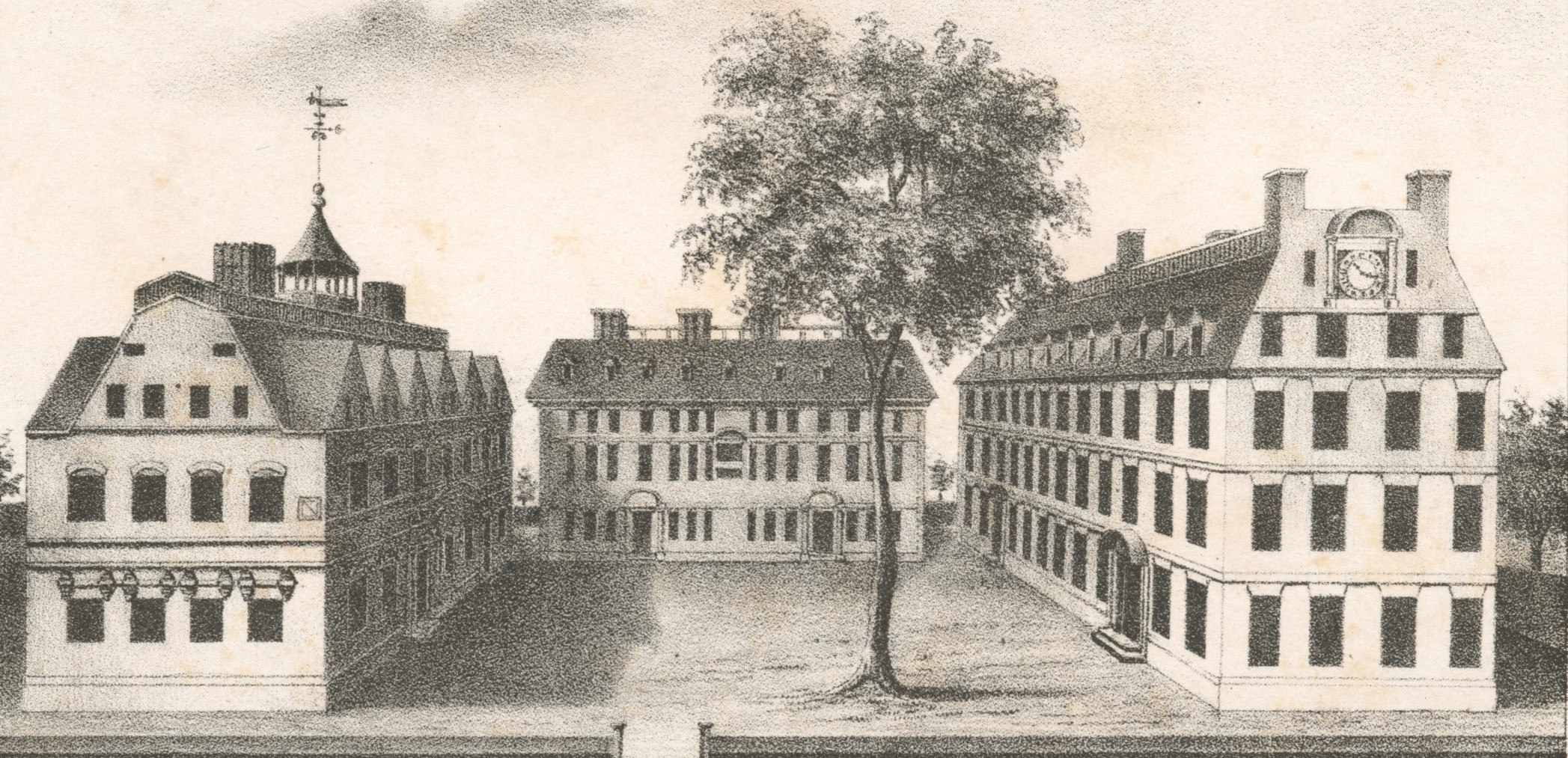
learn
![]()
Levi Lincoln’s Wayward Son – Daniel Waldo Lincoln
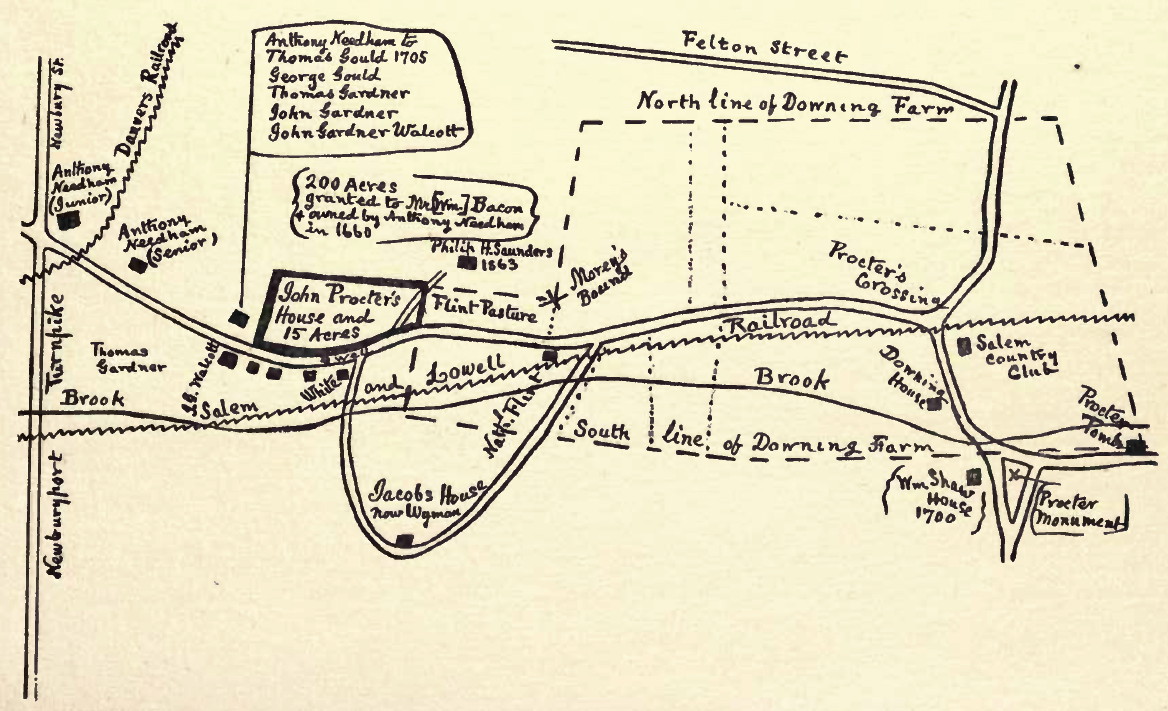
learn
![]()
Reflections on the Relation between History and Literature: The Crucible and John and Elizabeth Proctor of Salem

objects
![]()
A Minister’s Desk? Reanimating Space, Rethinking Furniture

teach
![]()
Can We Scan the Piggin?: Revisiting Early American Material Culture and Campus Collections across Pandemic Time
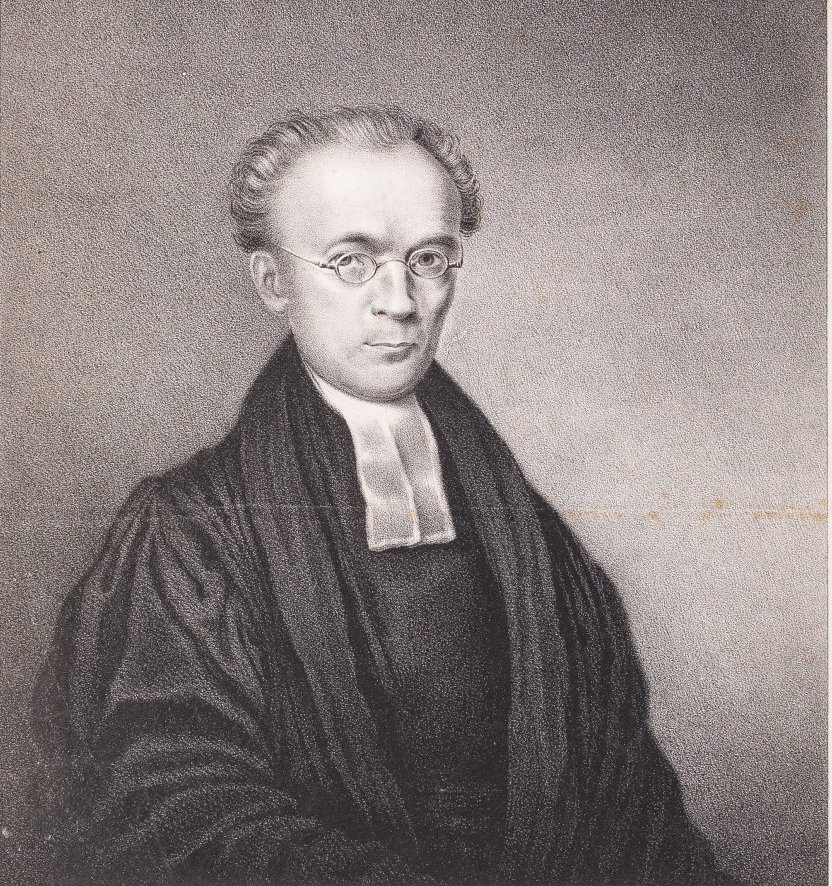
teach
![]()
On the Importance of Archival Perseverance: The Mss. of William Jenks’s Memoir of the Northern Kingdom
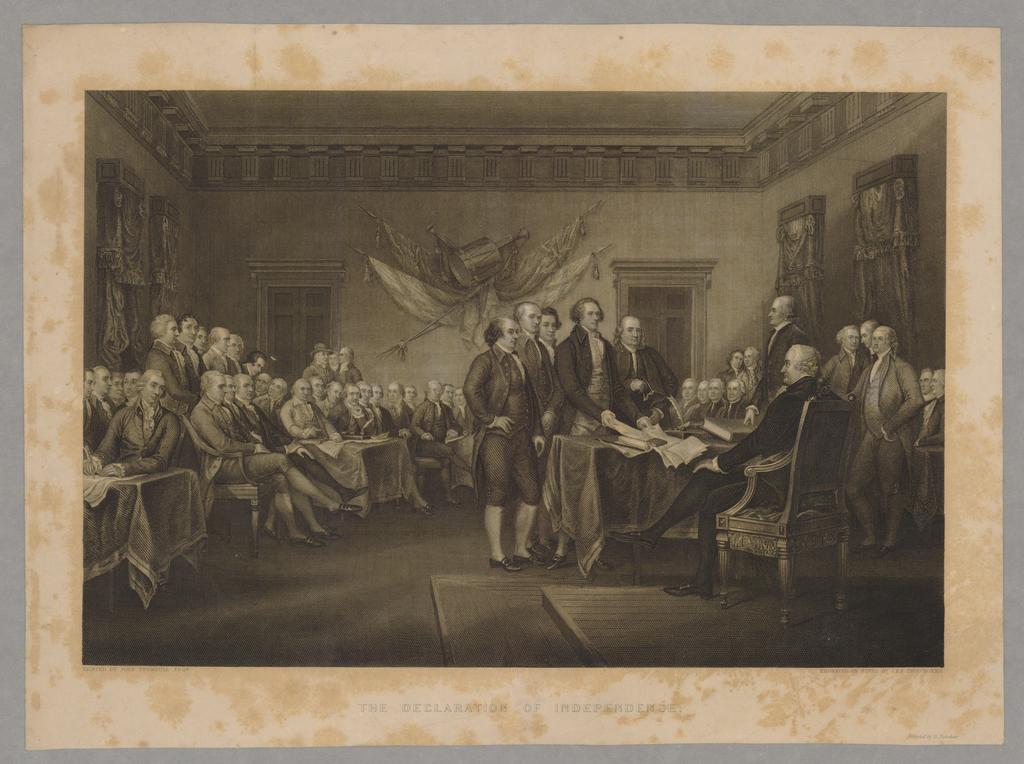
learn
![]()
Instructions: The People’s Voice in Revolutionary America
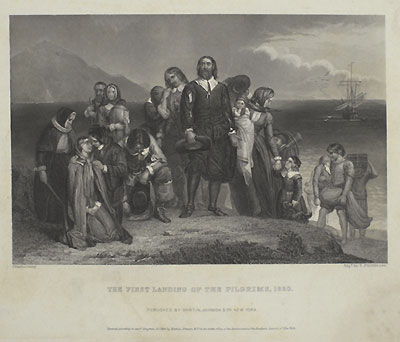
learn
![]()
Reading Puritans and the Bard
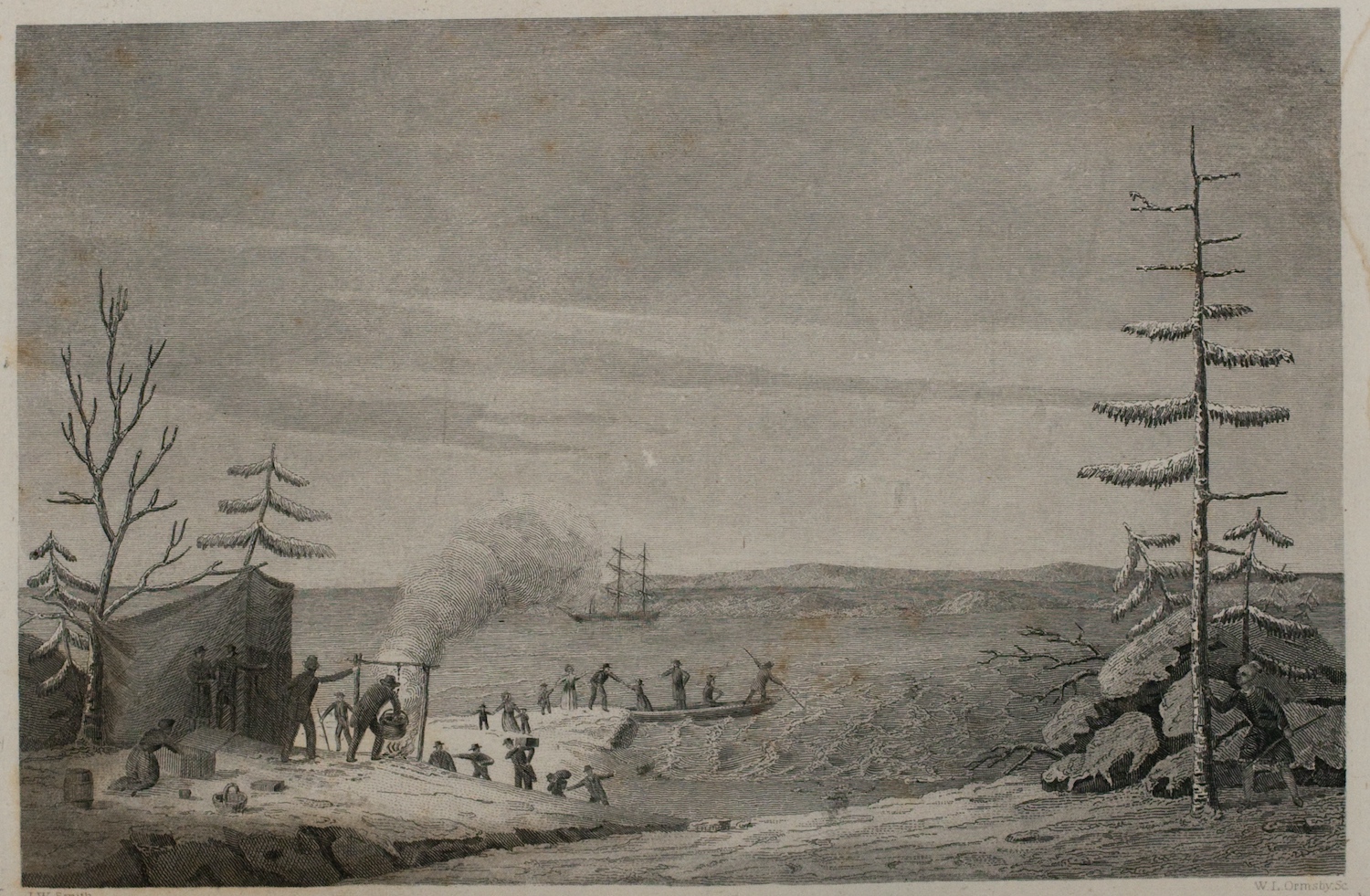
learn
![]()
The First Decades of the Massachusetts Bay; or Idleness, Wolves, and a Man Who Shall No Longer Be Called Mister
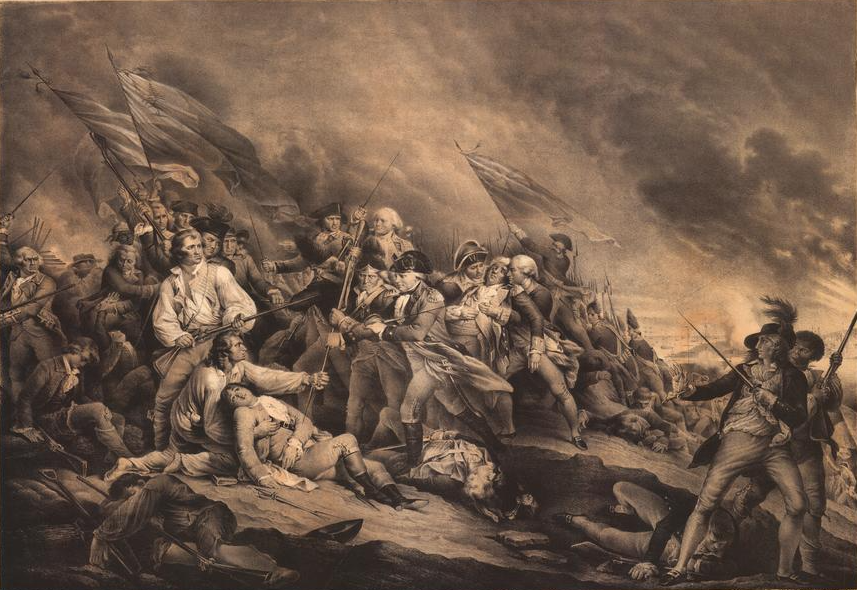
objects
![]()
Dr. Warren’s Ciceronian Toga
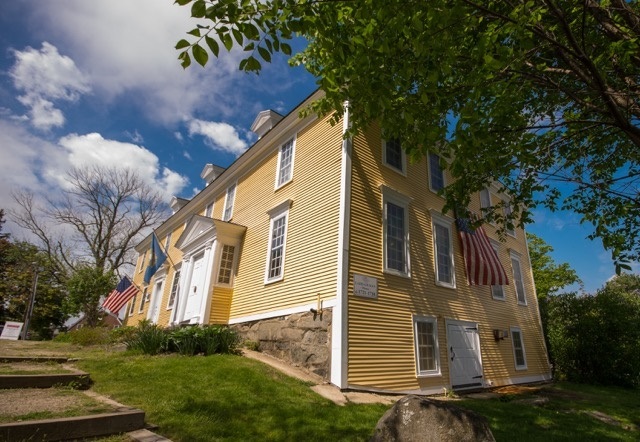
learn
![]()
Exeter’s Declaration of Independence: A Festival, a Broadside, and a Lesson in Public History
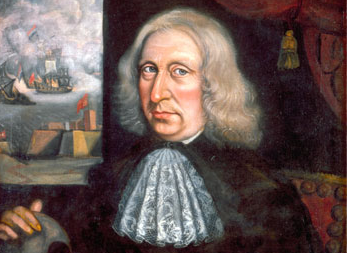
learn
![]()
Puritan Scrabble: Games of Grief in Early New England

teach
![]()
Speaking with the Dead: Dreams and Cultural Contexts
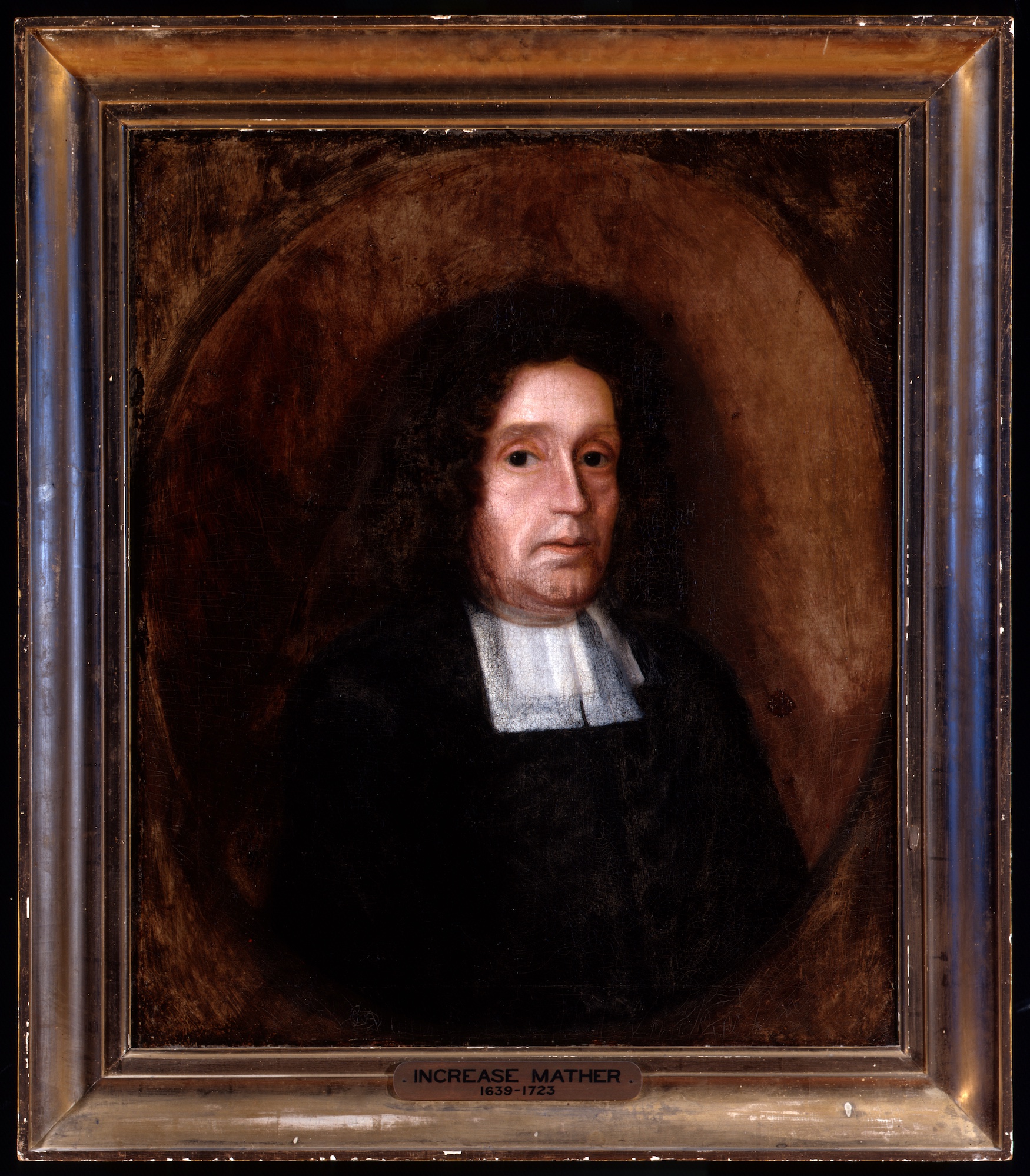
learn
![]()
An Arrow Against Profane and Promiscuous Dancing
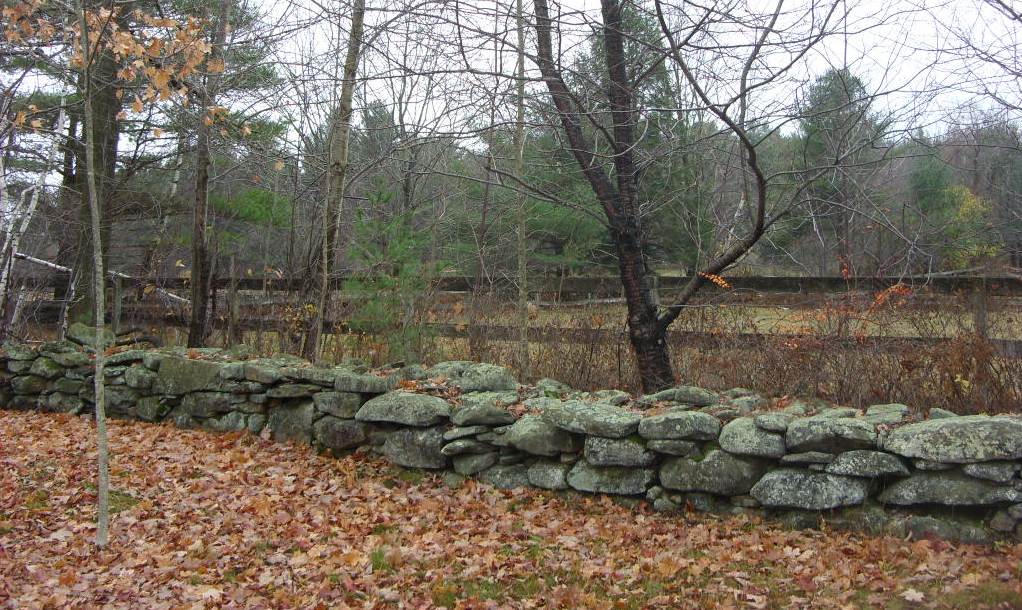
teach
![]()
Sagas in Stone
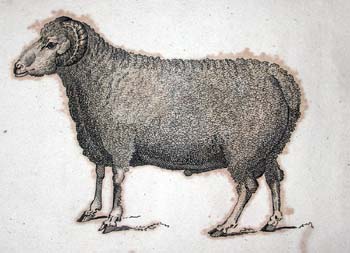
learn
![]()
Gems in the Pasture
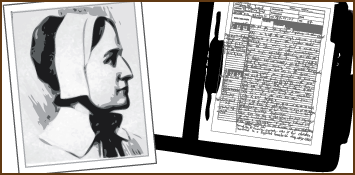
learn
![]()
Our Antinomians, Ourselves: Or, Anne Hutchinson’s Monstrous Birth & The Pathologies of Obstetrics
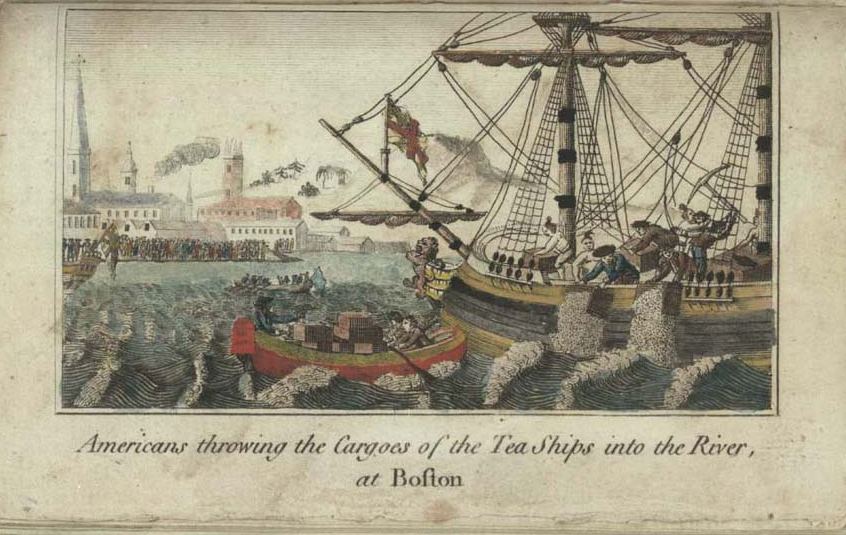
learn
![]()
Mohawks, Mohocks, Hawkubites, Whatever
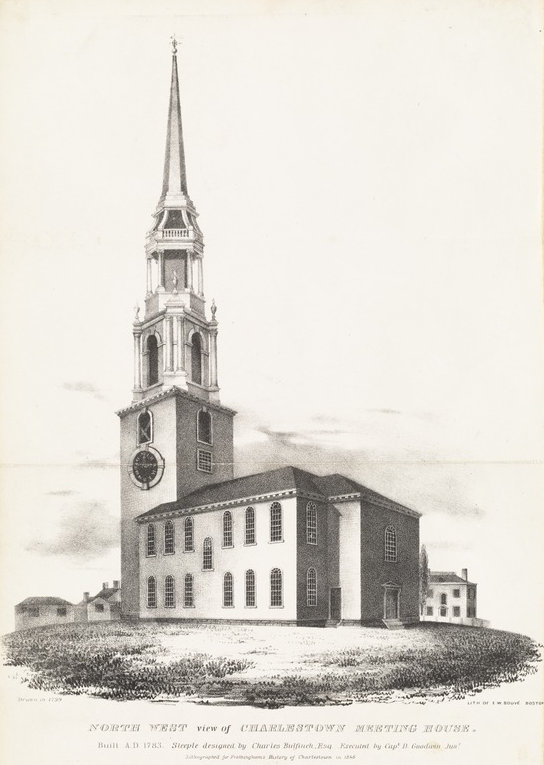
learn
![]()
Triangulating Religion and the American Revolution through Jedidiah Morse
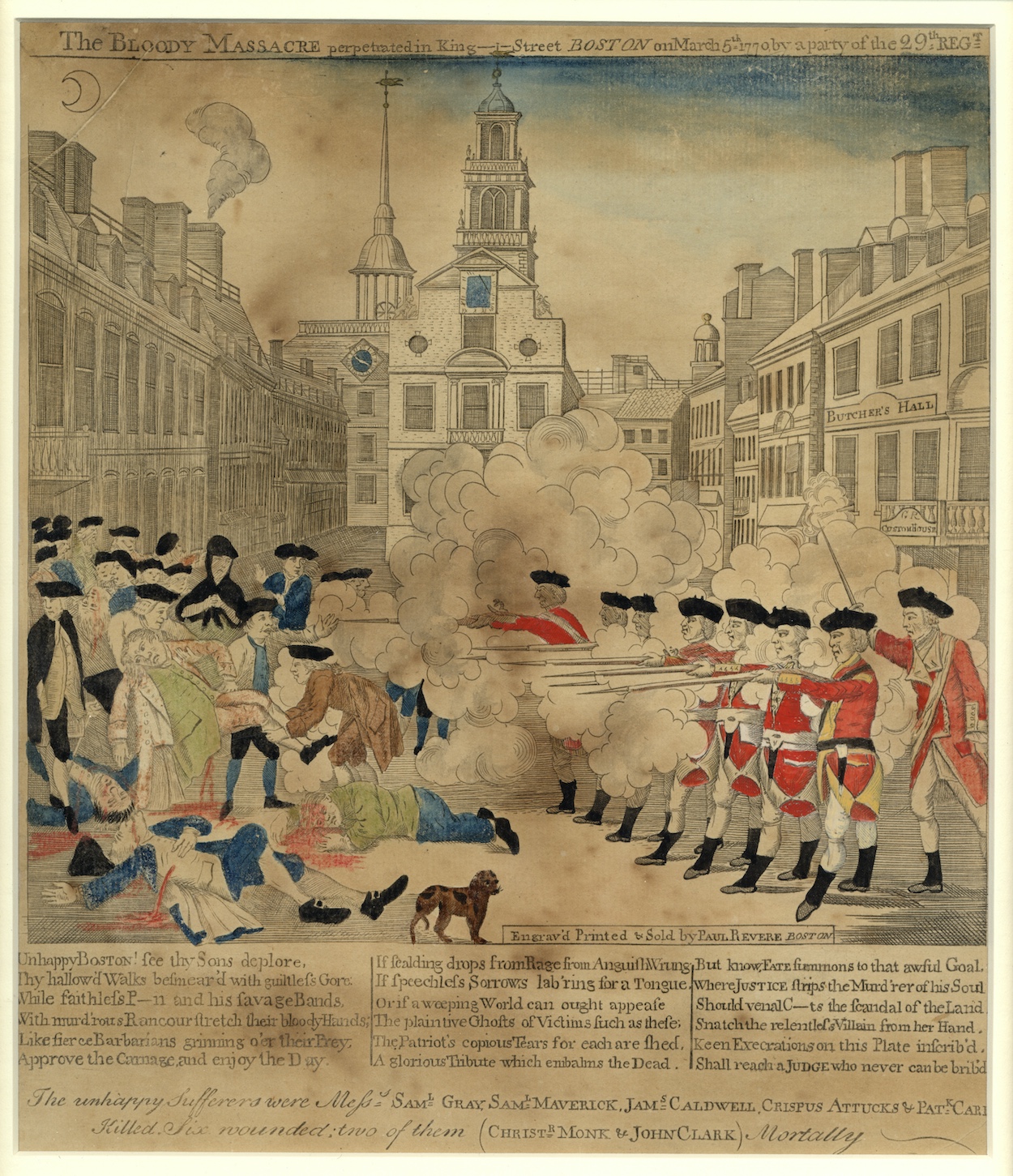
teach
![]()
Lobsters on the Walls
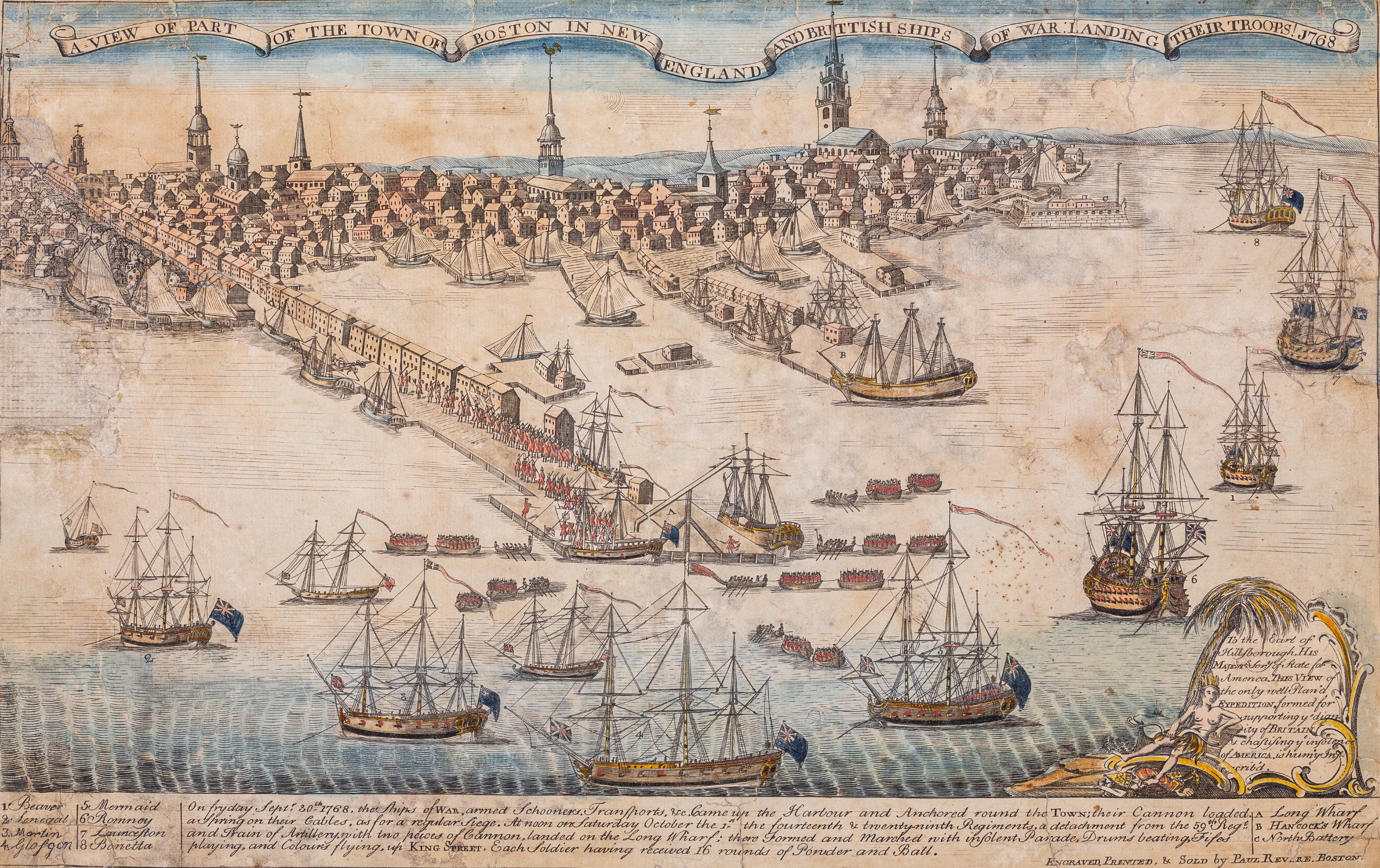
teach
![]()
Walking the Freedom Trail
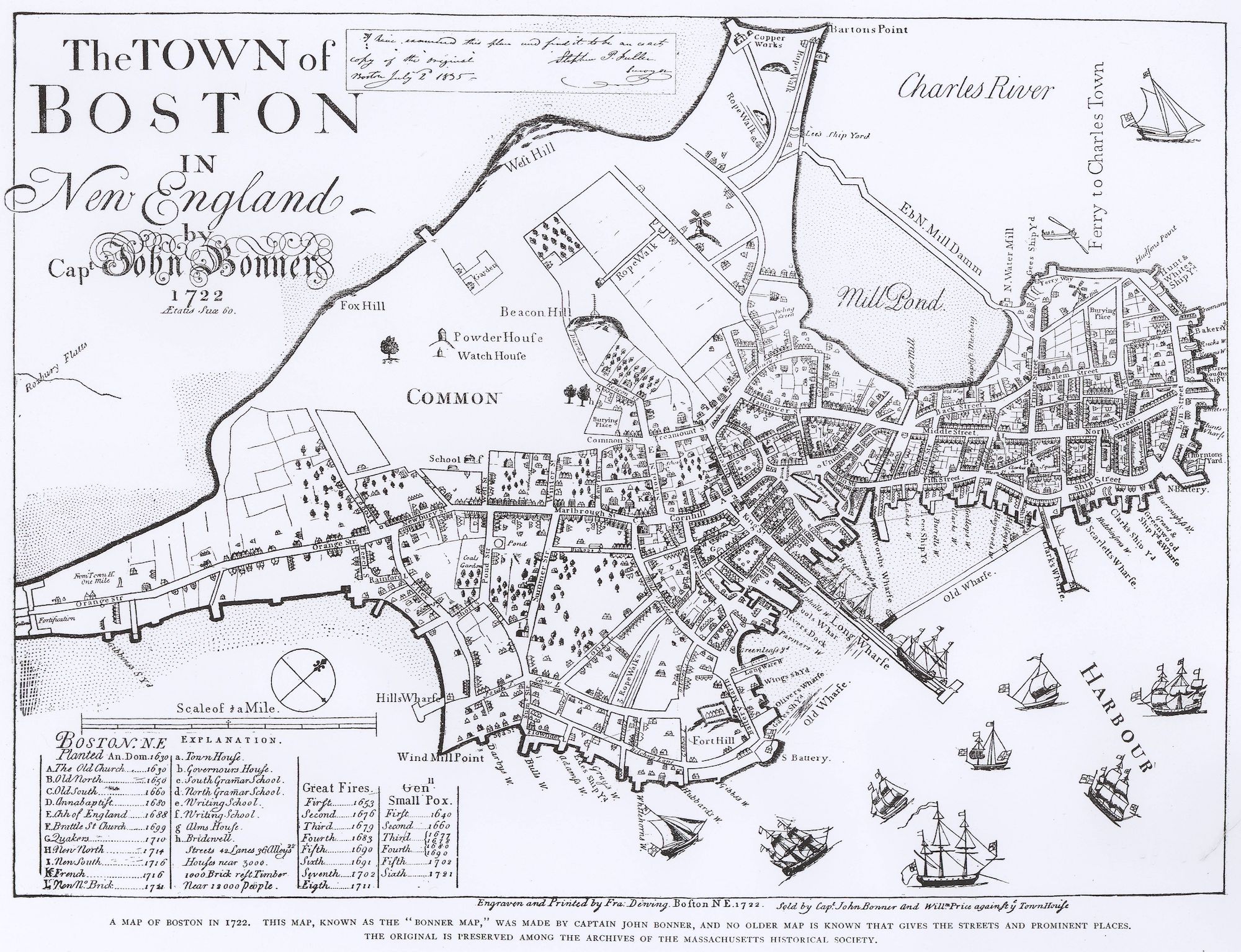
learn
![]()
Big Dig, Little Dig, Hidden Worlds: Boston
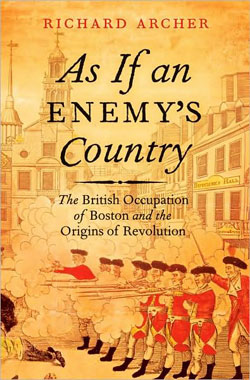
reviews
![]()
Boston’s revolution
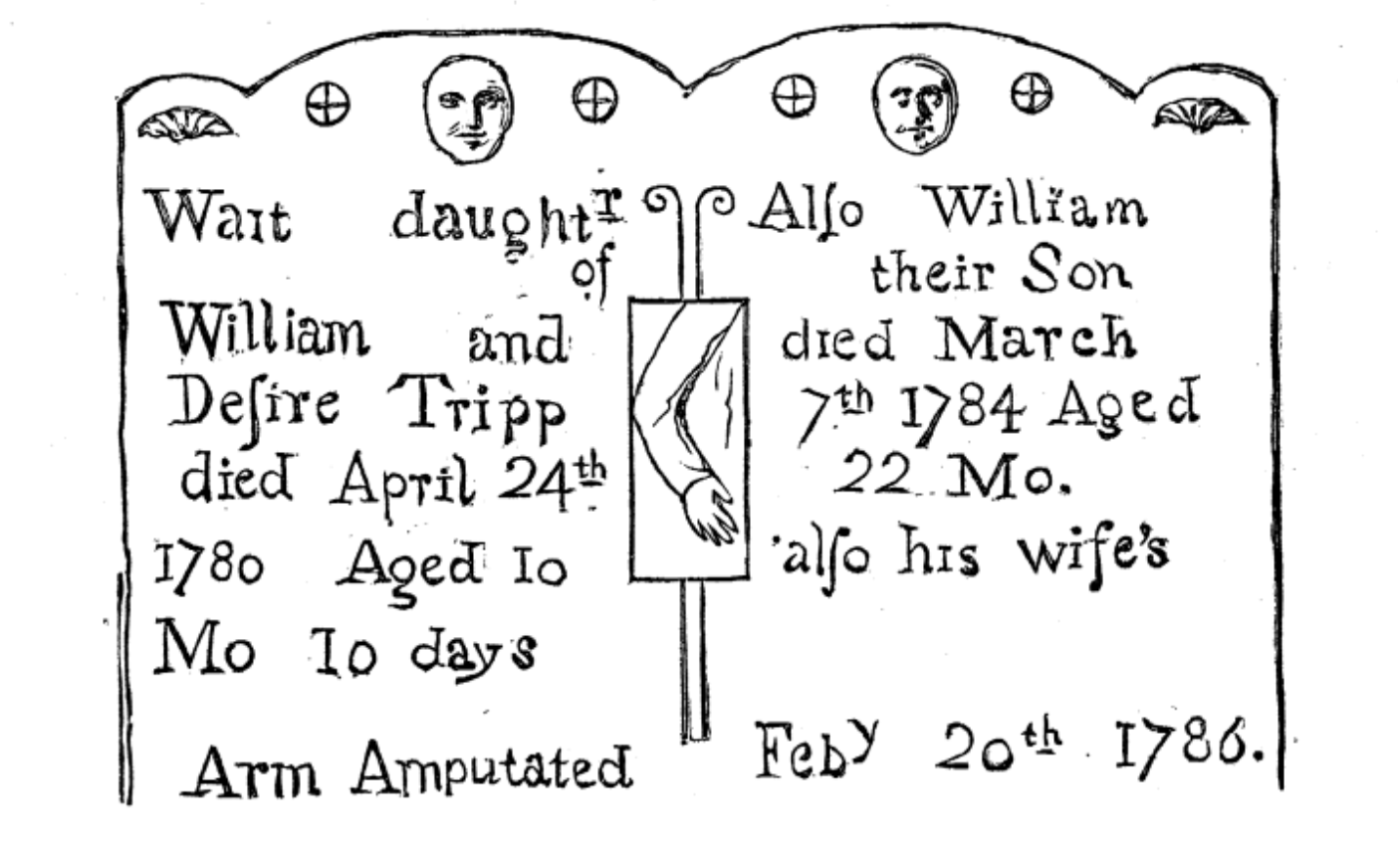
objects
![]()
Object Lesson: Desire Tripp and Her Arm’s Gravestone
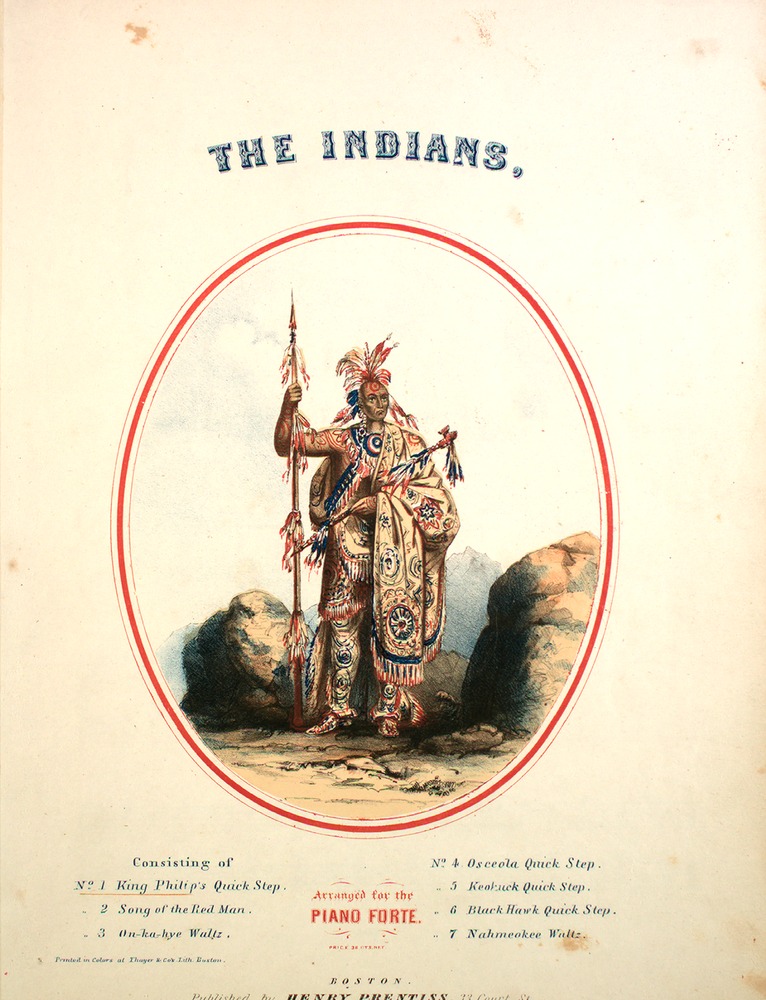
learn
![]()
The Sound of Violence: Music of King Philip’s War and Memories of Settler Colonialism in the American Northeast
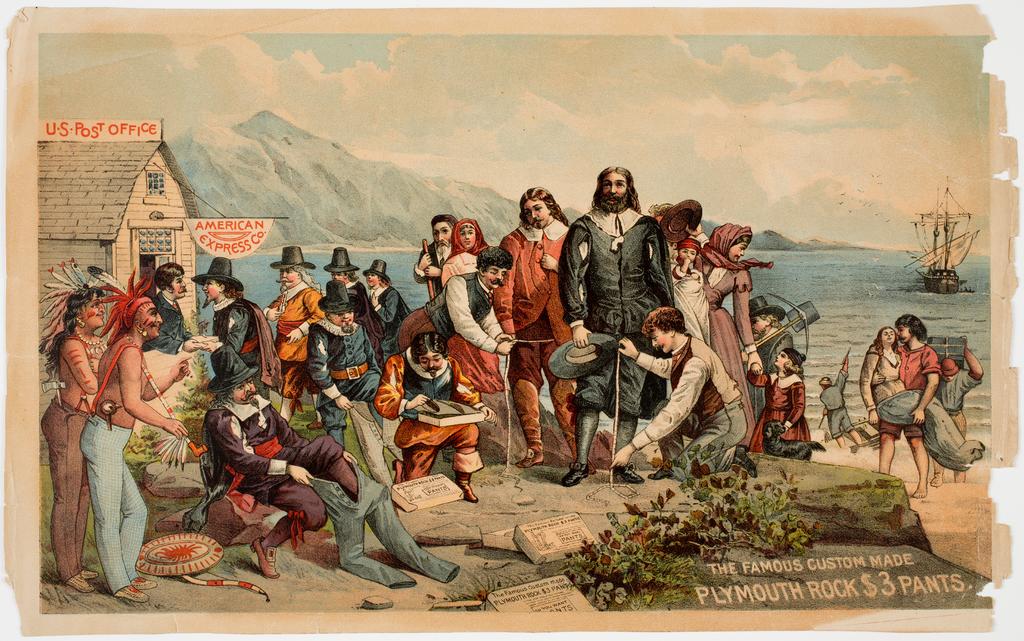
learn
![]()
Thankstaking
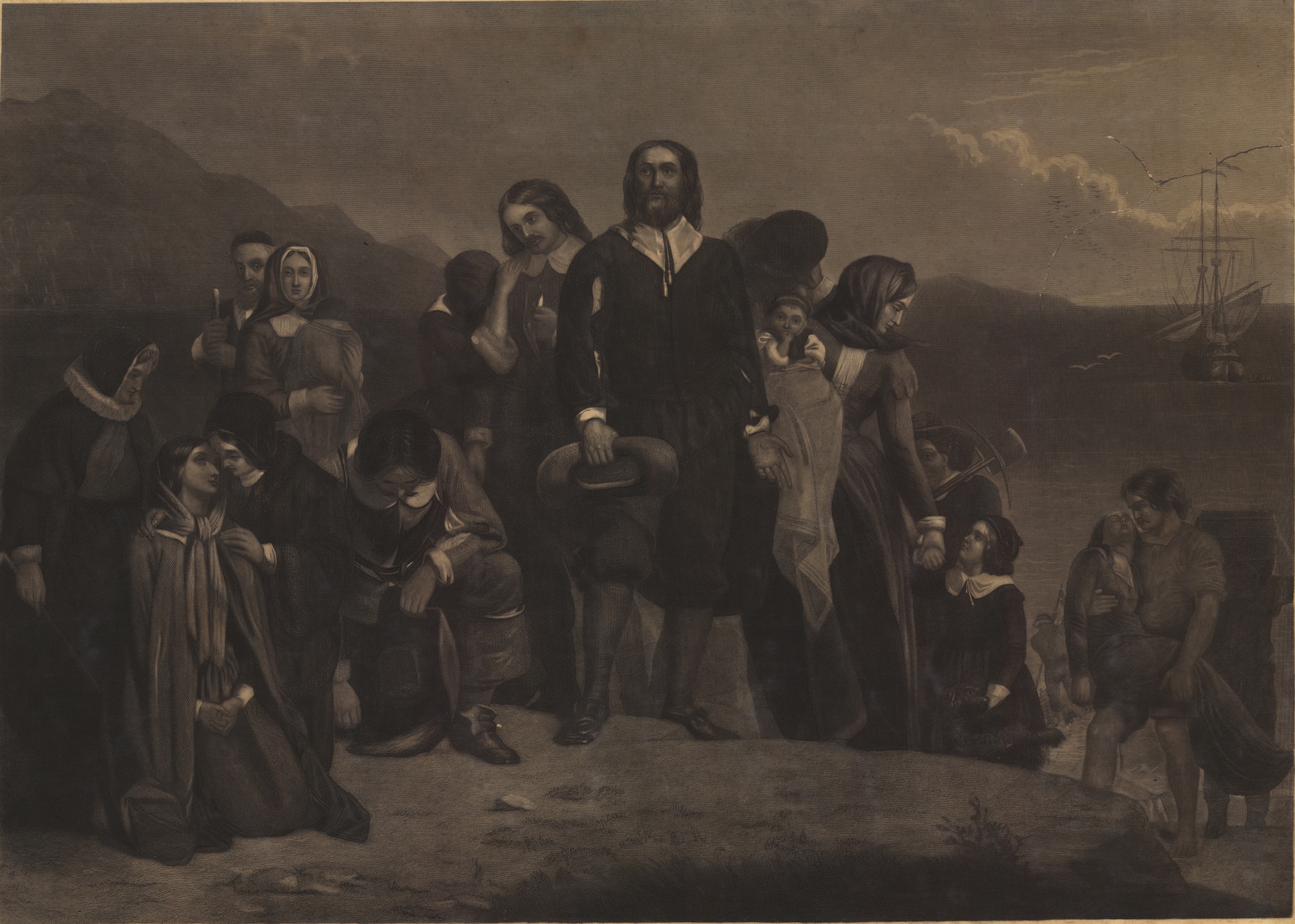
learn
![]()
Passive Repressive: Of Plymouth Plantation, Otherwise
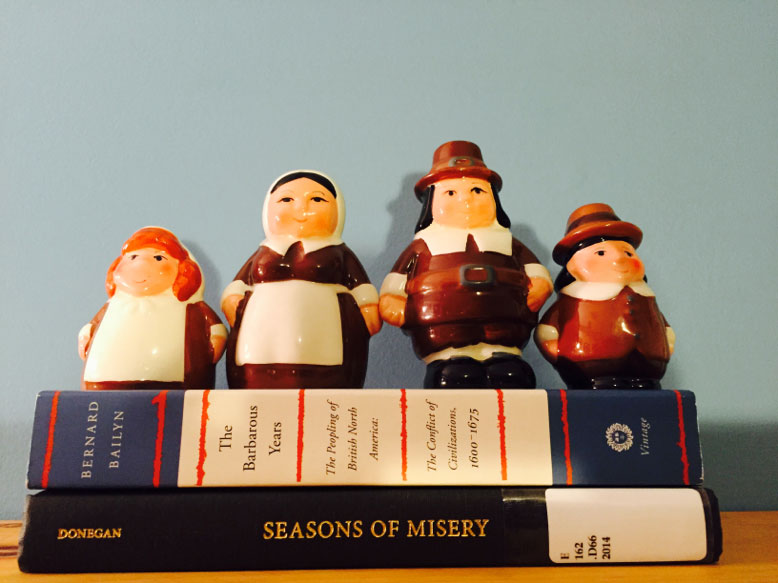
objects
![]()
Come On, Lilgrim
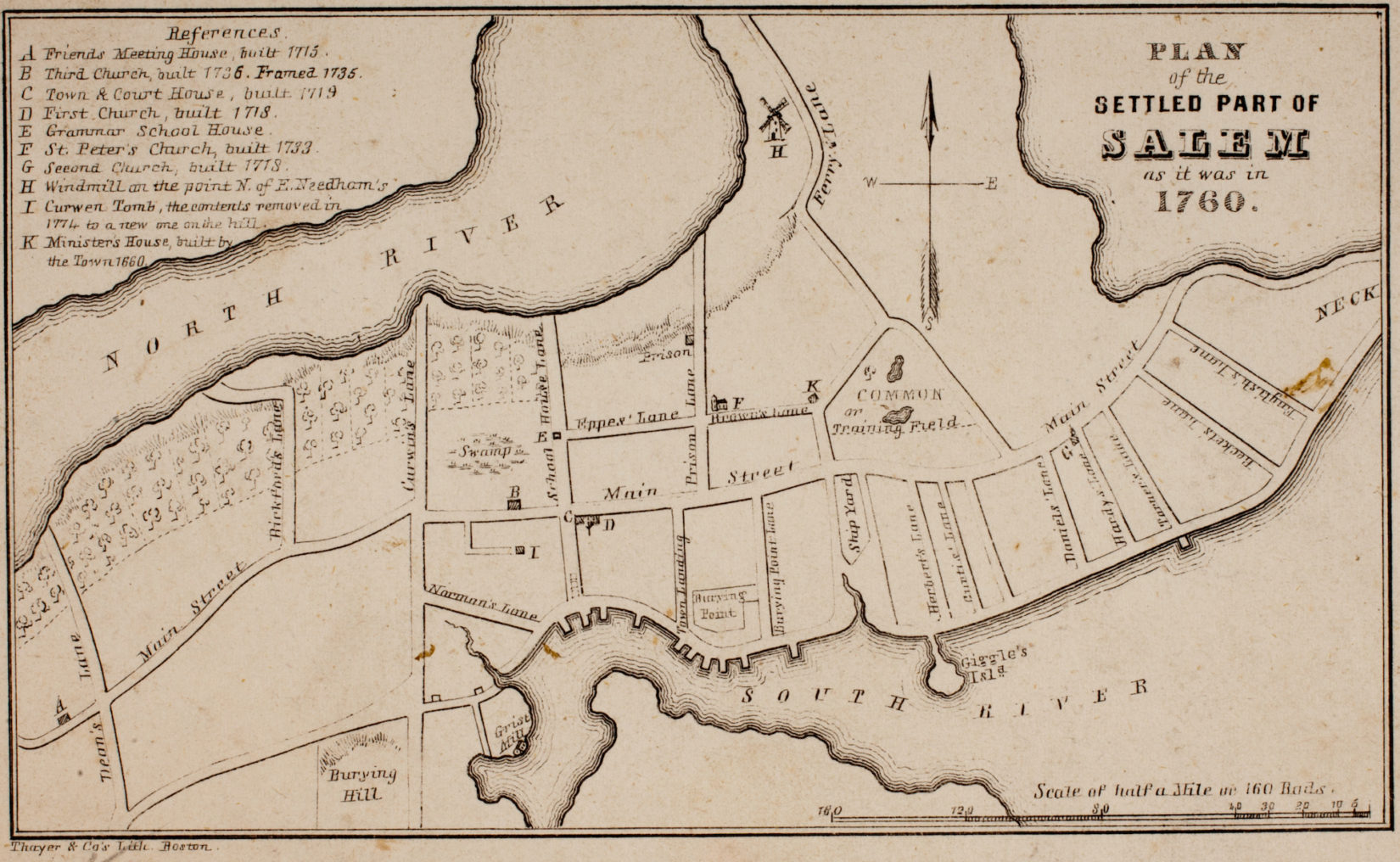
teach
![]()
Salem Witchcraft in the Classroom
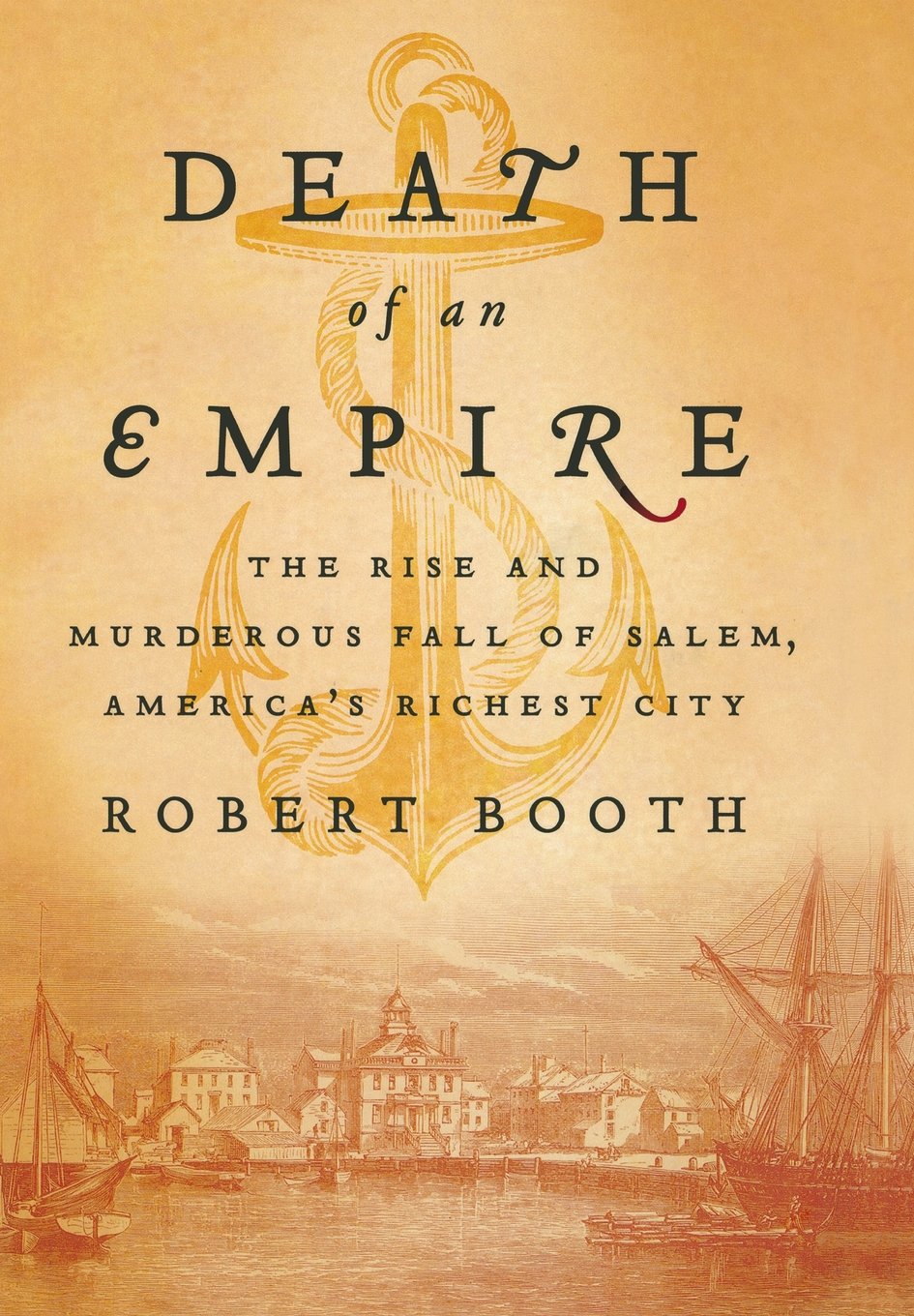
reviews
![]()
Death of a Memory: Robert Booth’s Search for Salem’s Forgotten Commercial Past
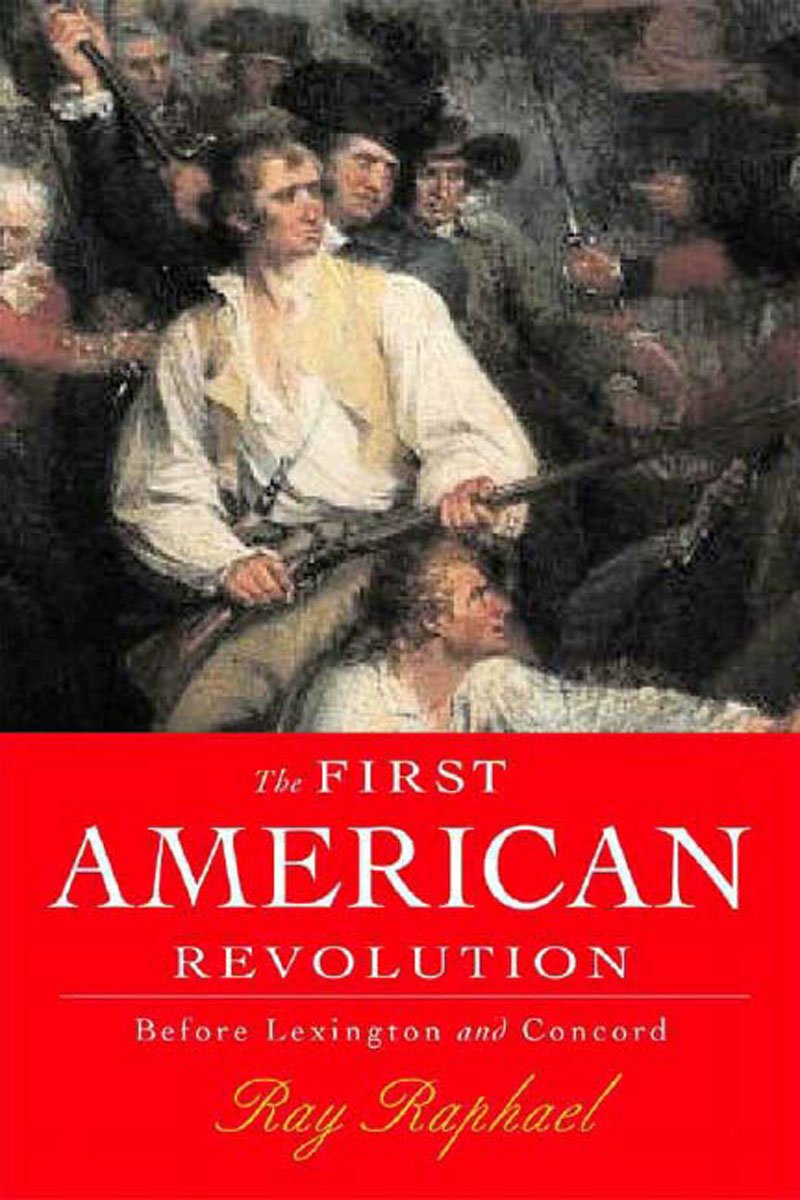
reviews
![]()
When Did the American Revolution Begin?
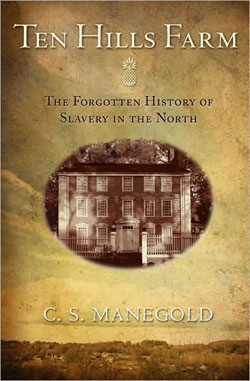
reviews
![]()
Unknown beginnings: Slavery in the North
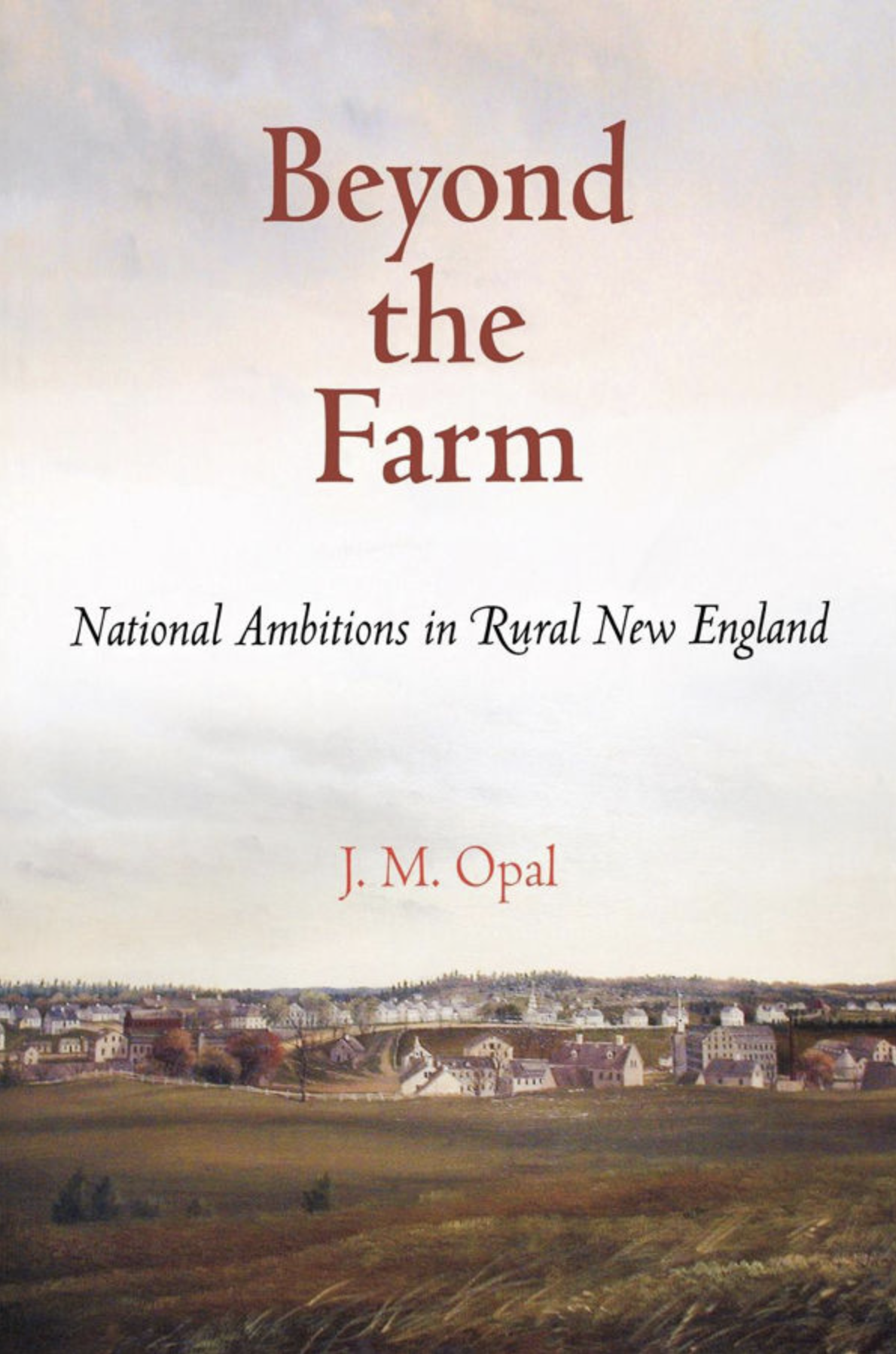
reviews
![]()
The Motivational Revolution
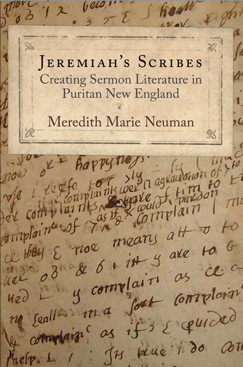
reviews
![]()
Sermon-Ridden
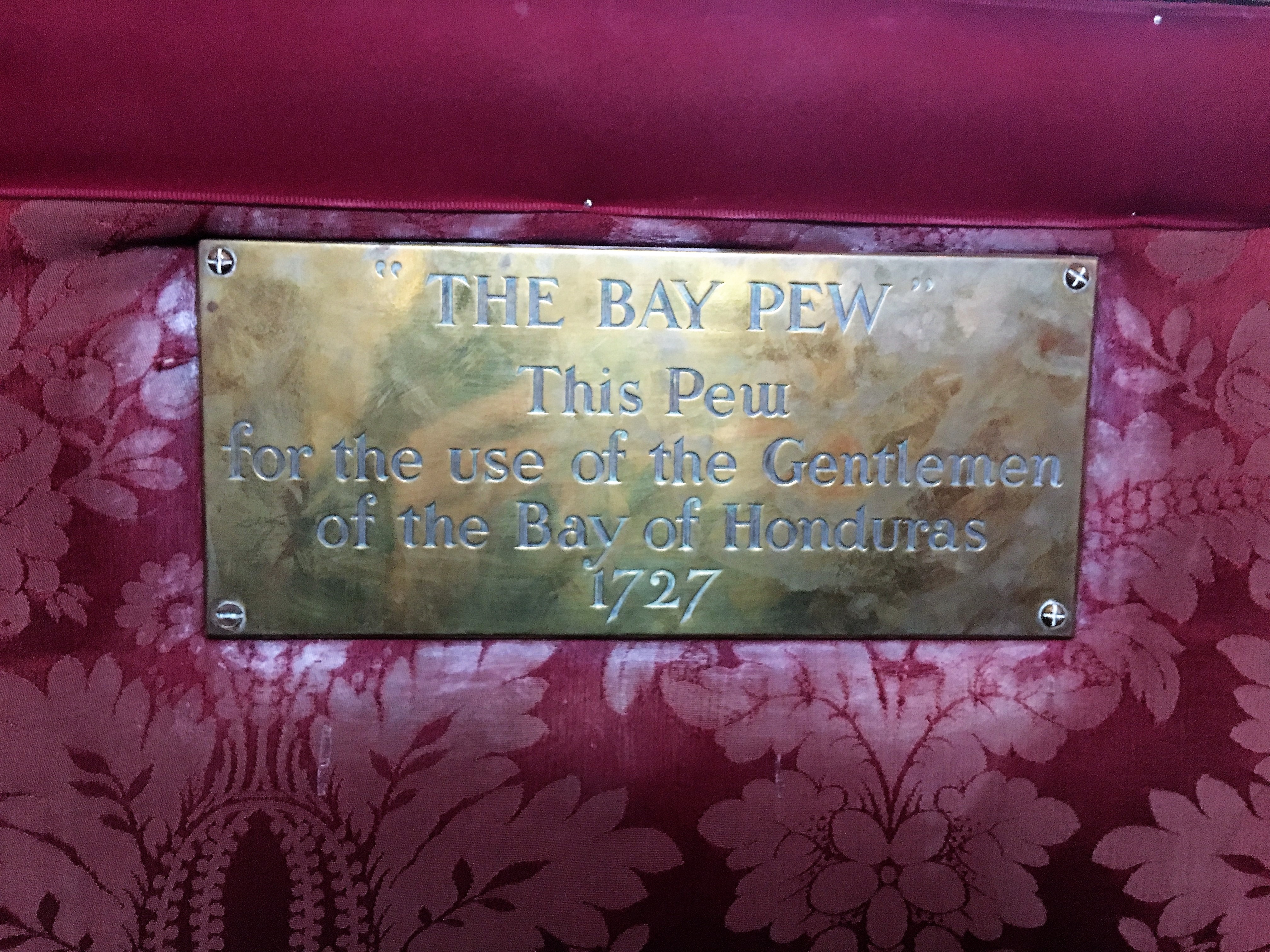
learn
![]()
Logwood Cutters, Merchants, Privateers… Religious Gents?
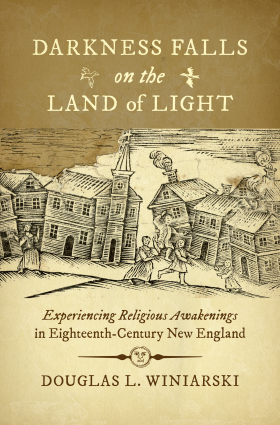
reviews
![]()
Fractious Piety: Revivalism and Disunion in Eighteenth-Century New England
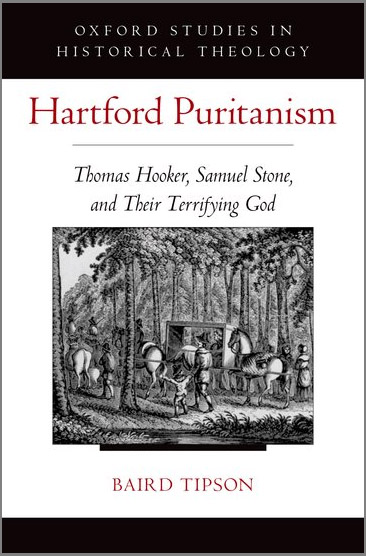
reviews
![]()
The Law and the Gospel
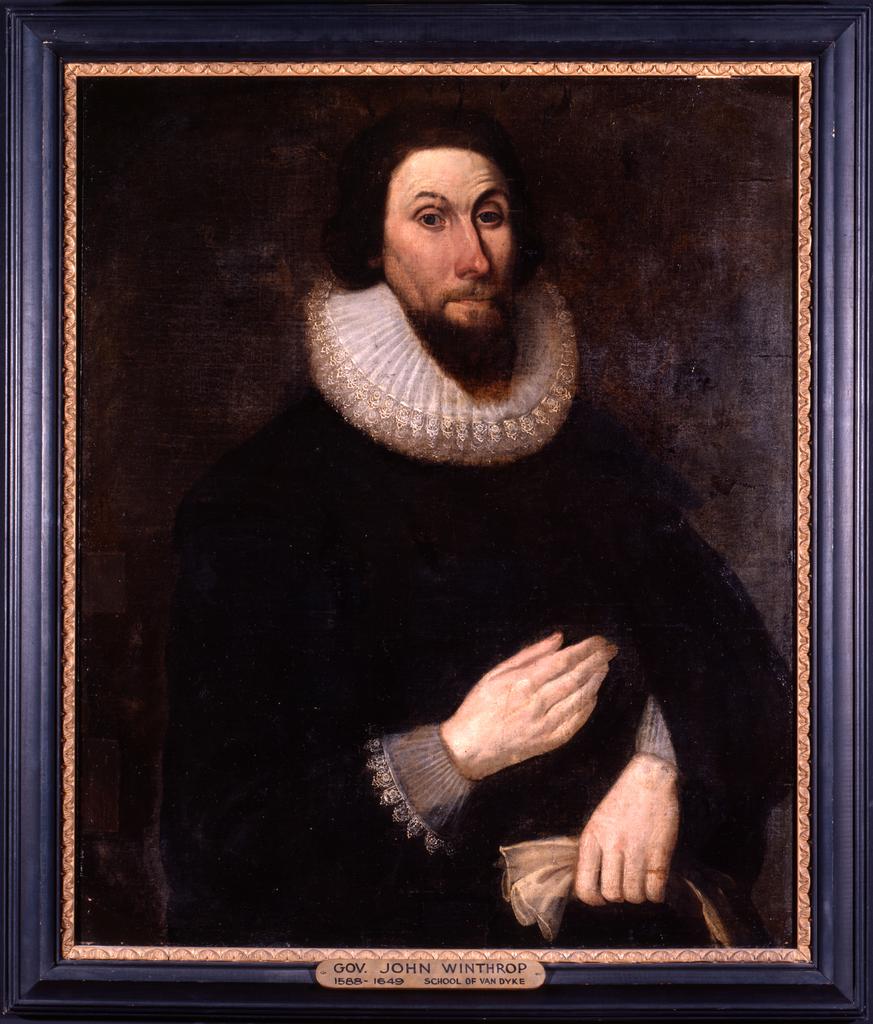
learn
![]()
Sodomy and Settler Colonialism: Early American Original Sins
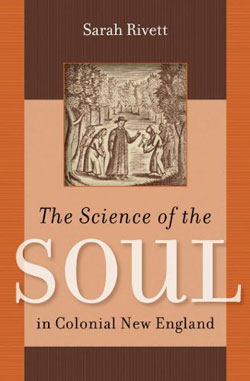
reviews
![]()
Experiments with God
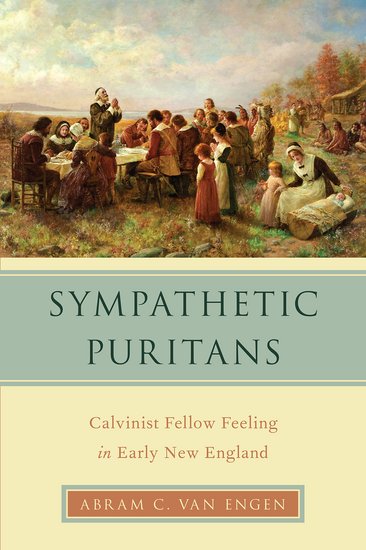
reviews
![]()
Go on—Have a Good Cry
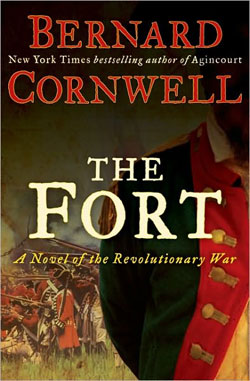
reviews
![]()
To Captivate, Kill, or Destroy
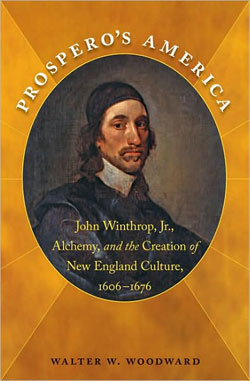
reviews
![]()
Alchemical Errand into the Wilderness
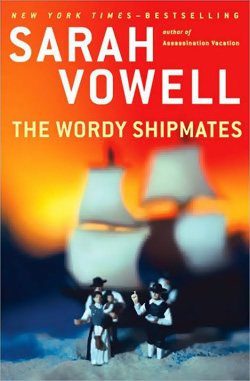
reviews
![]()
Puritan History in the Present Tense

objects
![]()
“All in my eye!”: James Akin and his Newburyport social caricatures
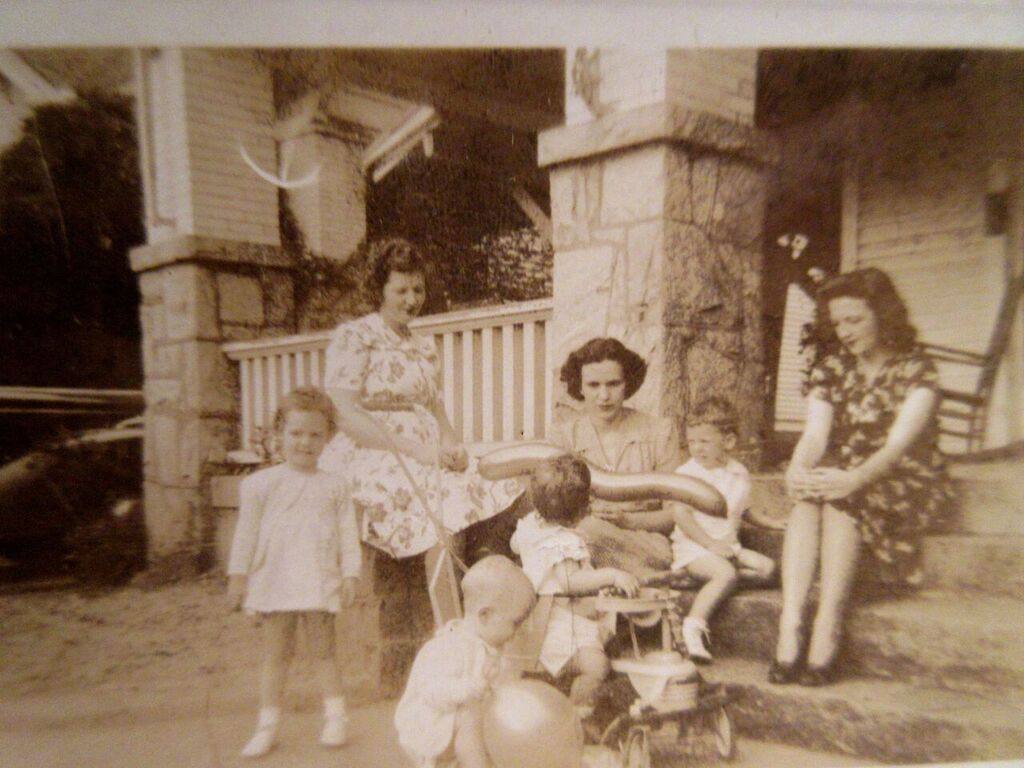
creative writing
![]()
From the Memoirs of Capt. Roger Clap circa 1680, Boston

creative writing
![]()
King Philip’s Hand

reviews
![]()
Sex and Social Order in Massachusetts
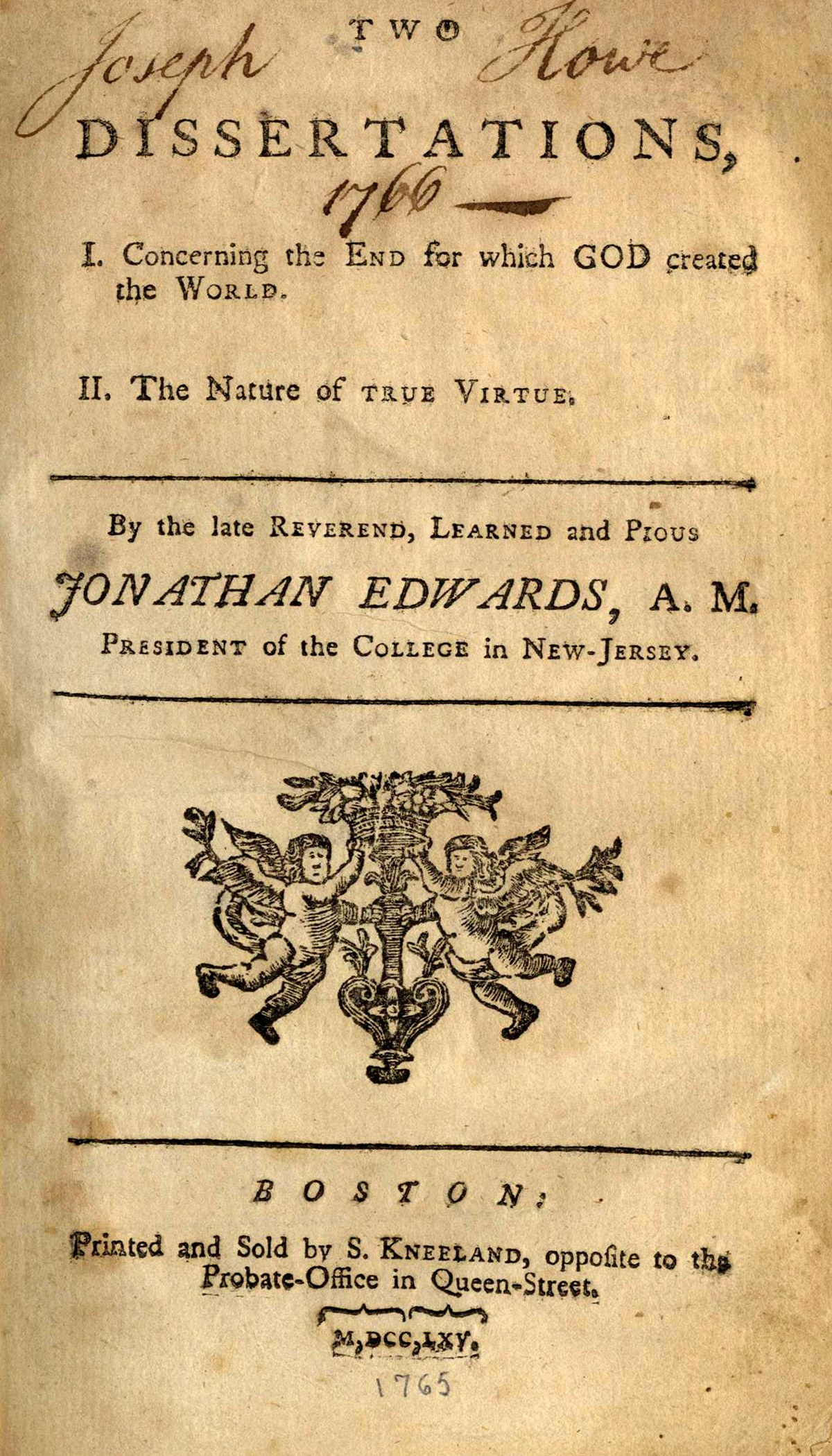
learn
![]()
On Virtue: Phillis Wheatley with Jonathan Edwards
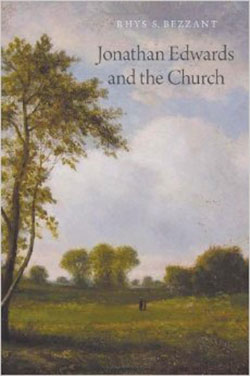
reviews
![]()
Jonathan Edwards, the Church, and the Damaging Great Awakening
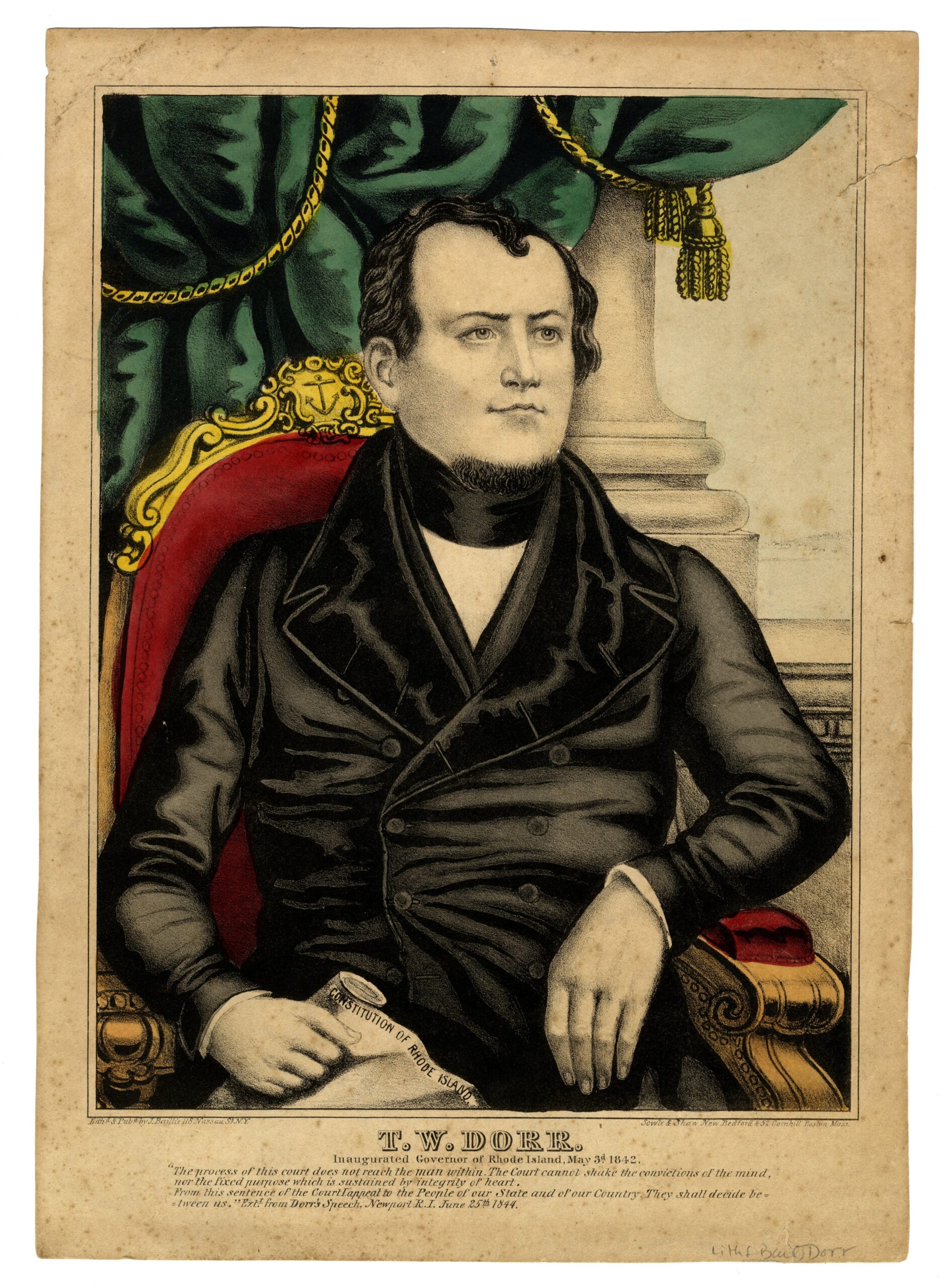
reviews
![]()
The Dorr Rebellion Website
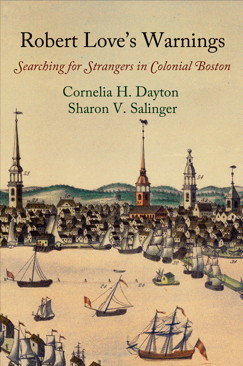
reviews
![]()
Sojourners and Strangers in the Eighteenth-Century Atlantic

reviews
![]()
Unsettling English Settlement
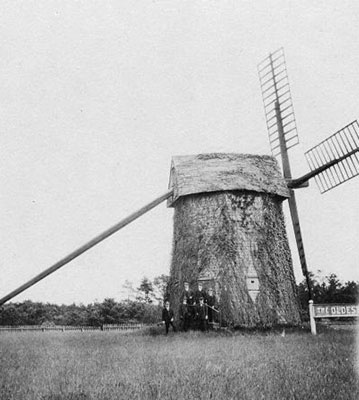
creative writing
![]()
Statement on Poetic Research for Two Pieces

objects
![]()
On High: A Child’s Chair and Mather Family Legacy

learn
![]()
How To Do Things with Indian Texts
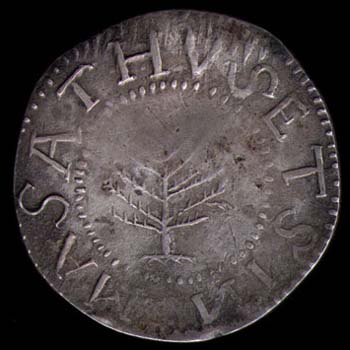
objects
![]()
Big Money Comes to Boston
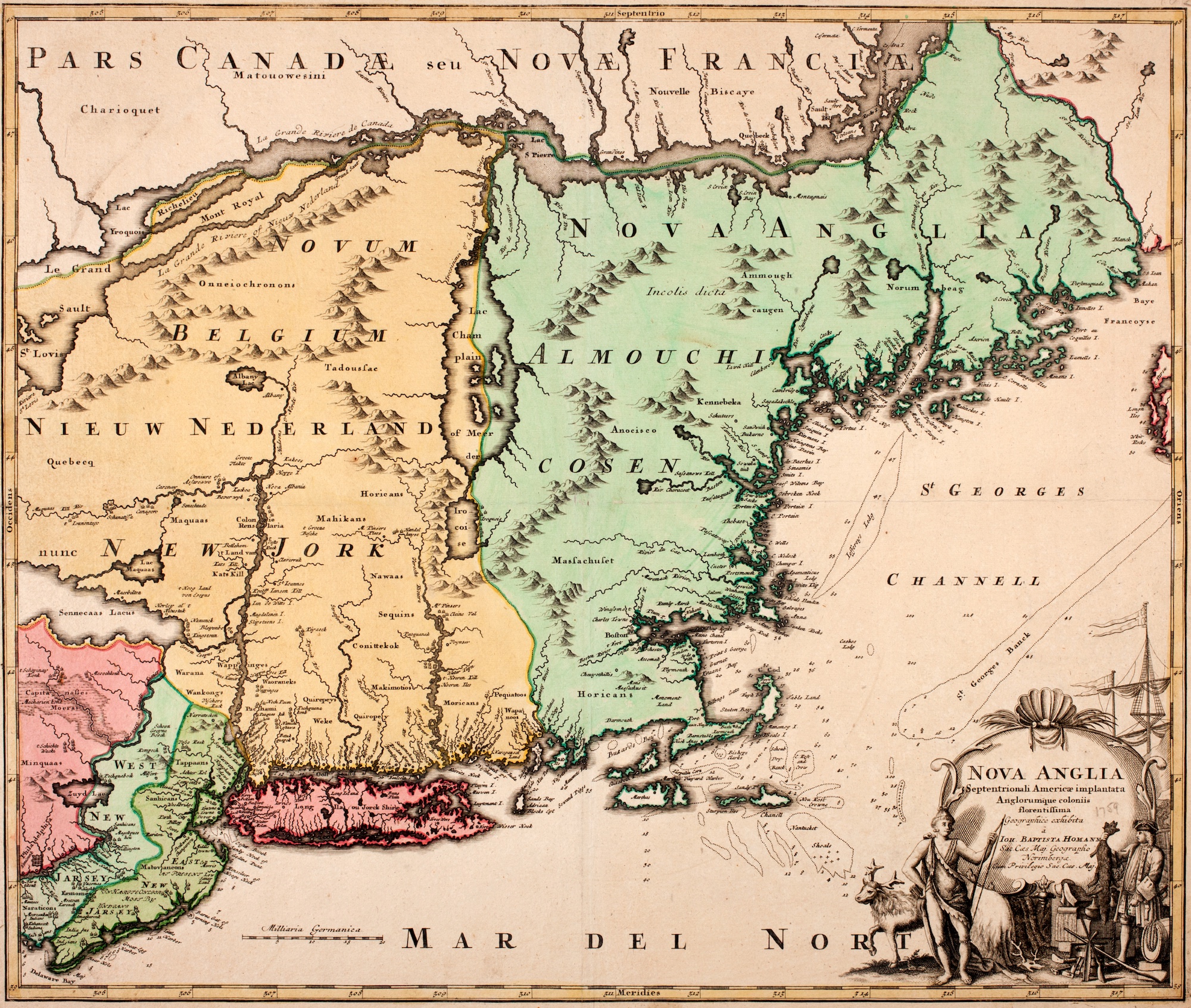
learn
![]()
Poetic Order in Sarah Kemble Knight’s Journal

learn
![]()
What He Did For Love: David Claypoole Johnston and the Boston Irish, 1825-1865

learn
![]()
A House in Vermont, a Caribbean Beach
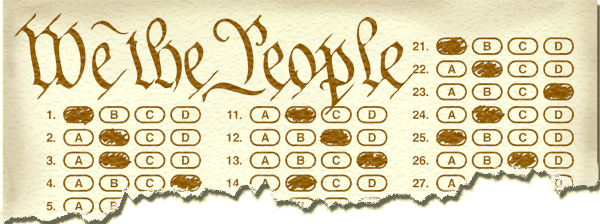
teach
![]()
Beyond the Bubble
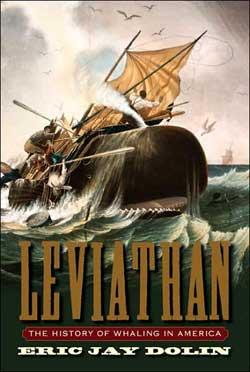
reviews
![]()
A Whale of a Book

teach
![]()
Opening the Academy Theodore R. Sizer, 1932-2009
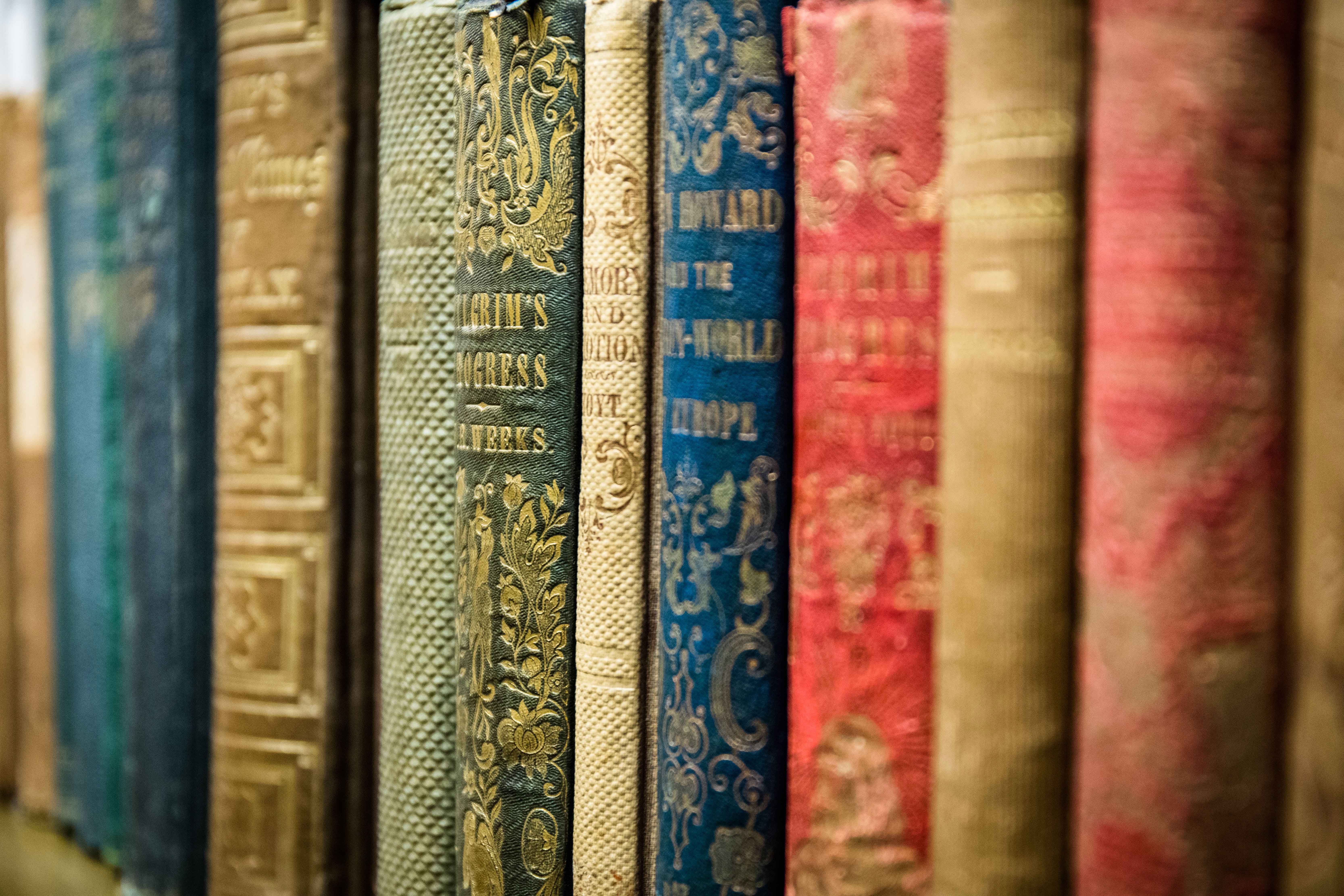
learn
![]()
Skepticism and Faith
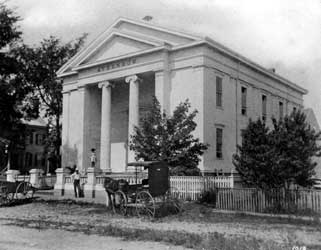
learn
![]()
The Undigested History of the Nantucket Atheneum
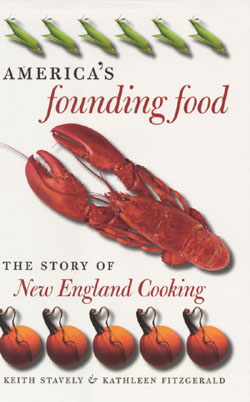
reviews
![]()
Beyond Baked Beans
